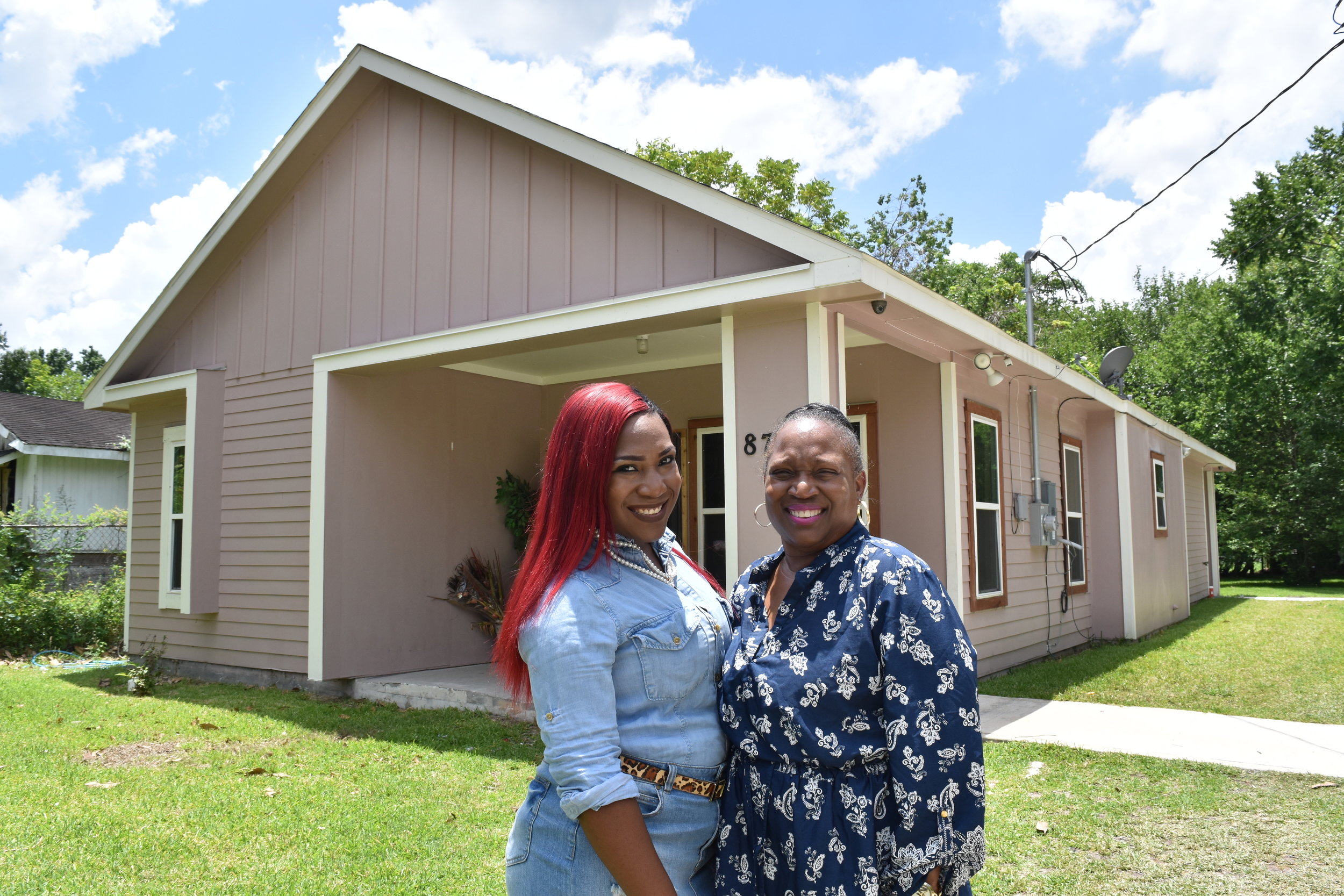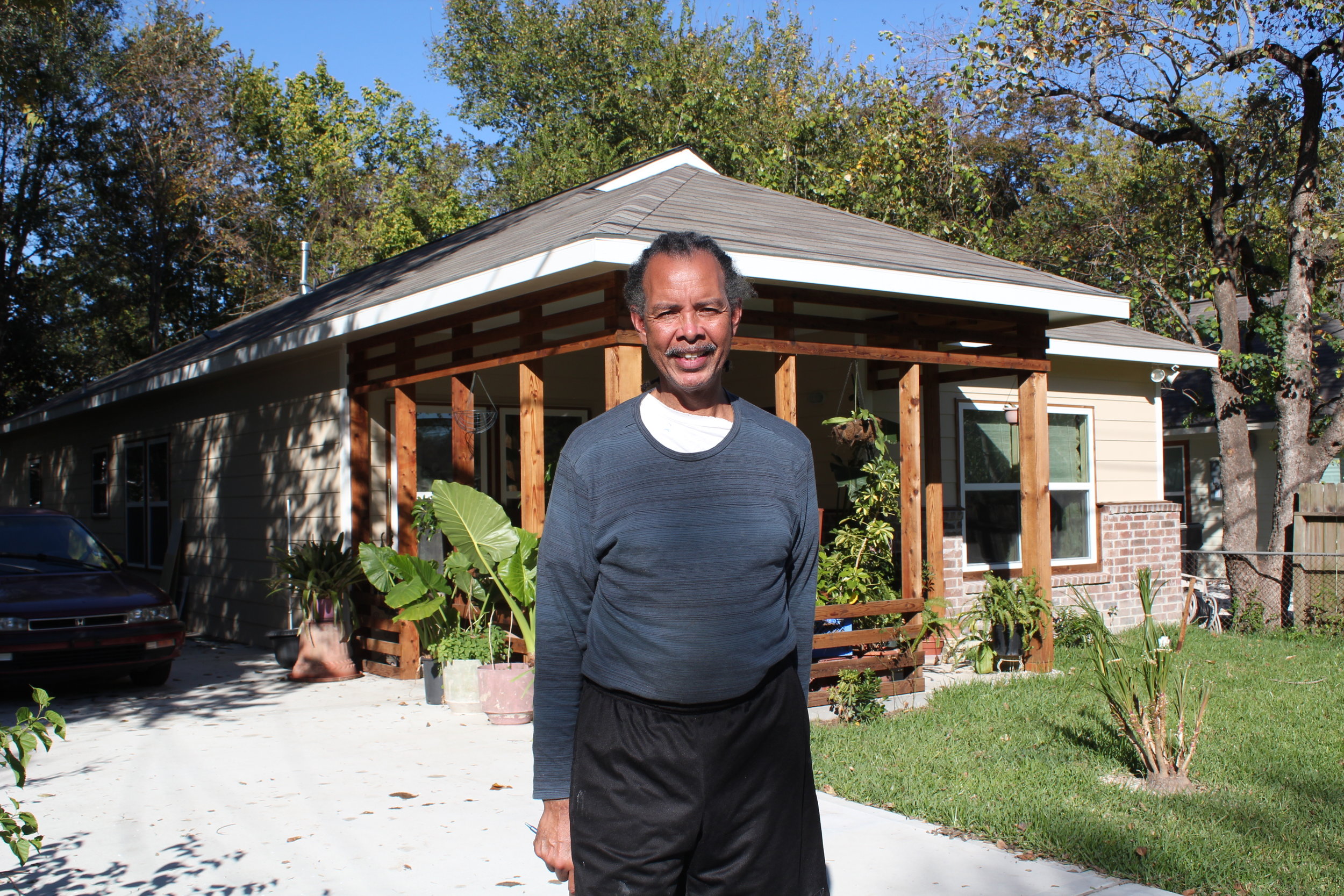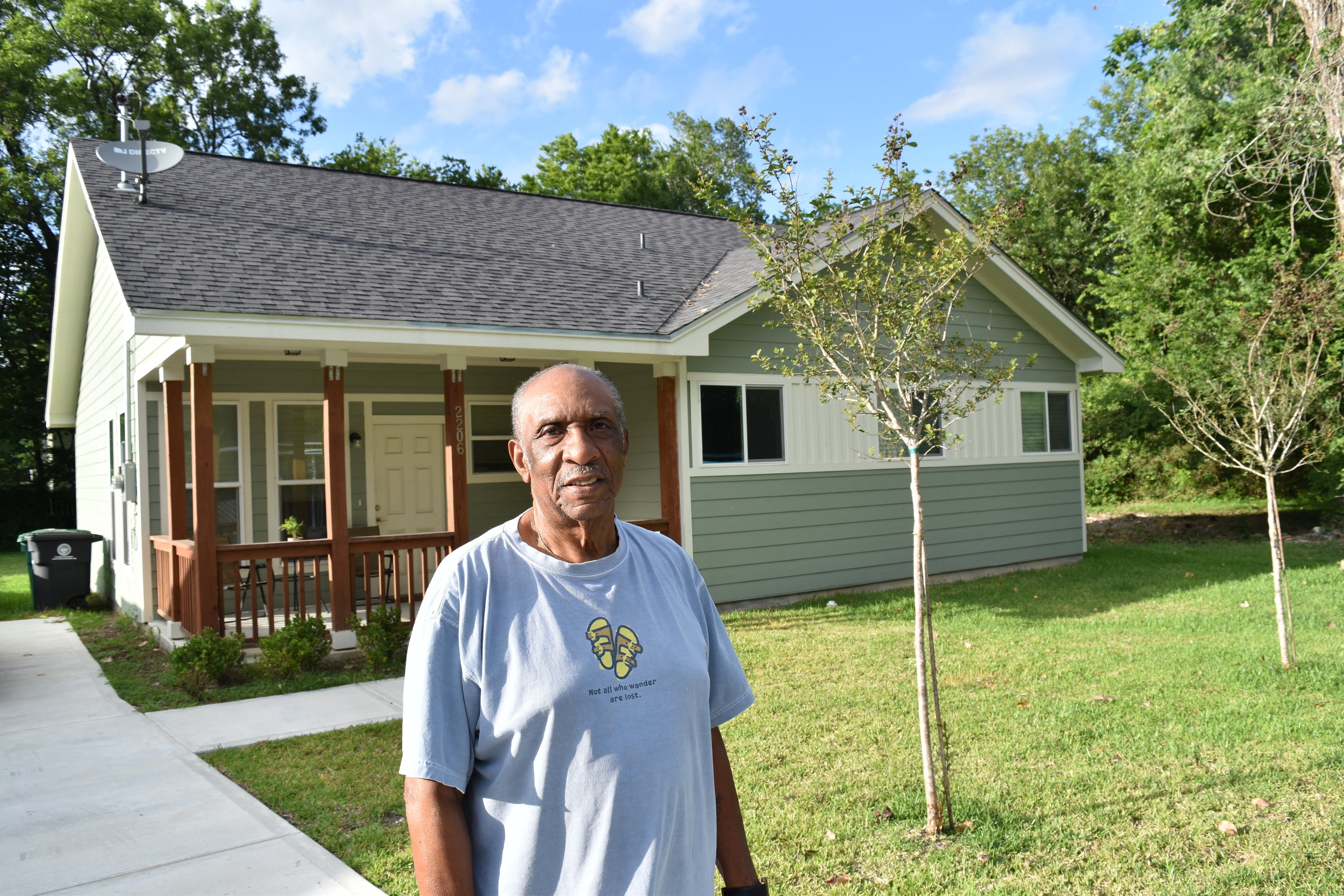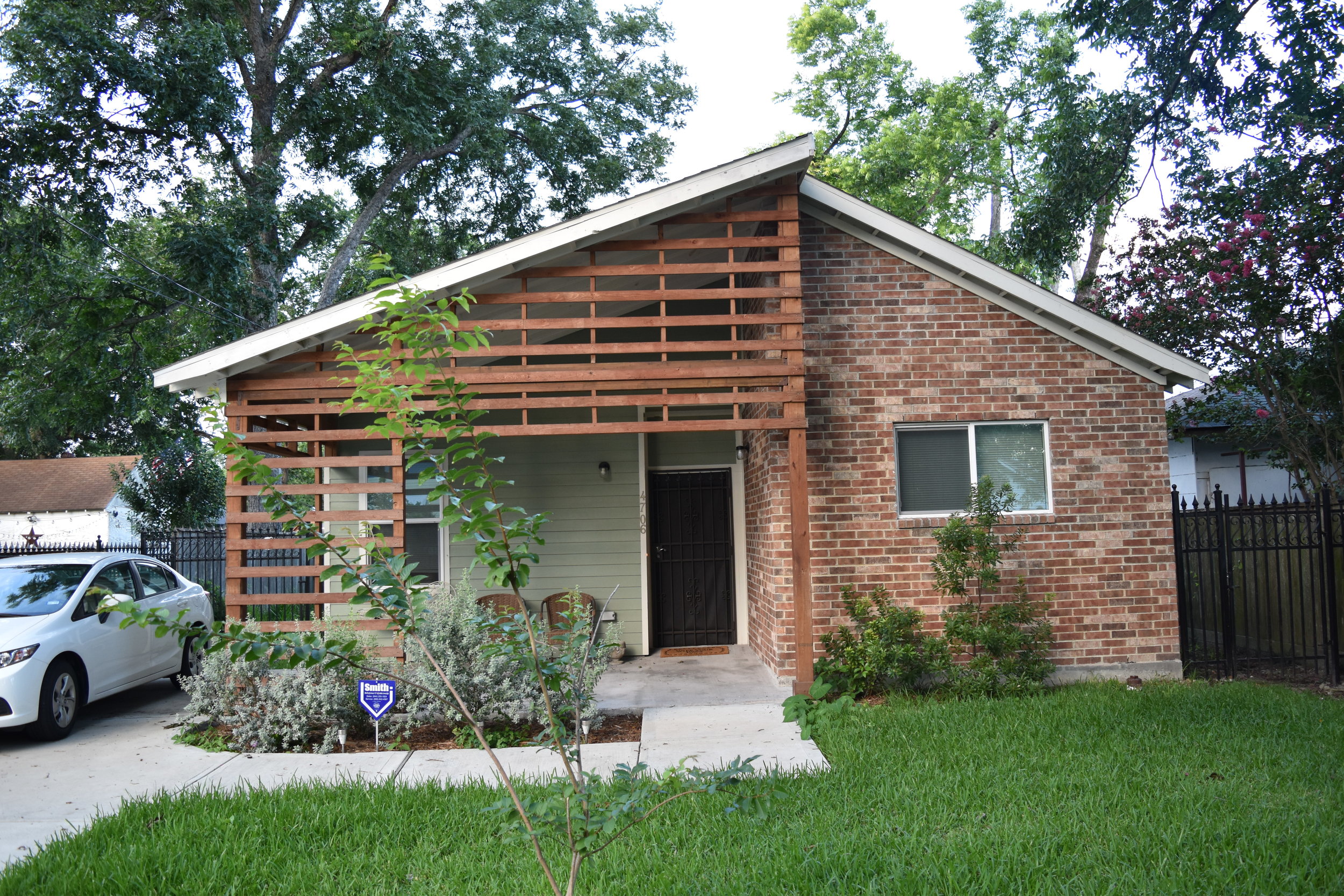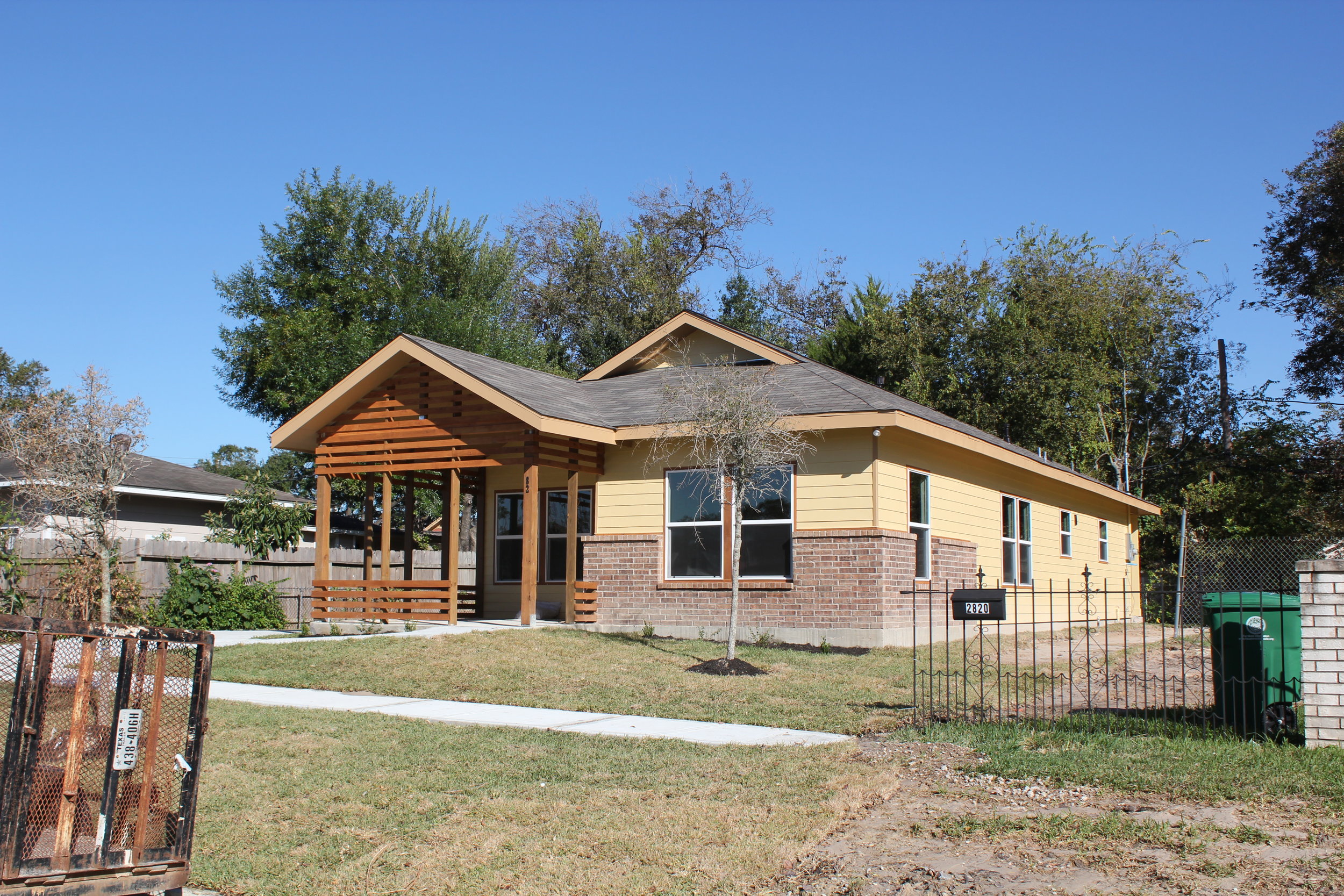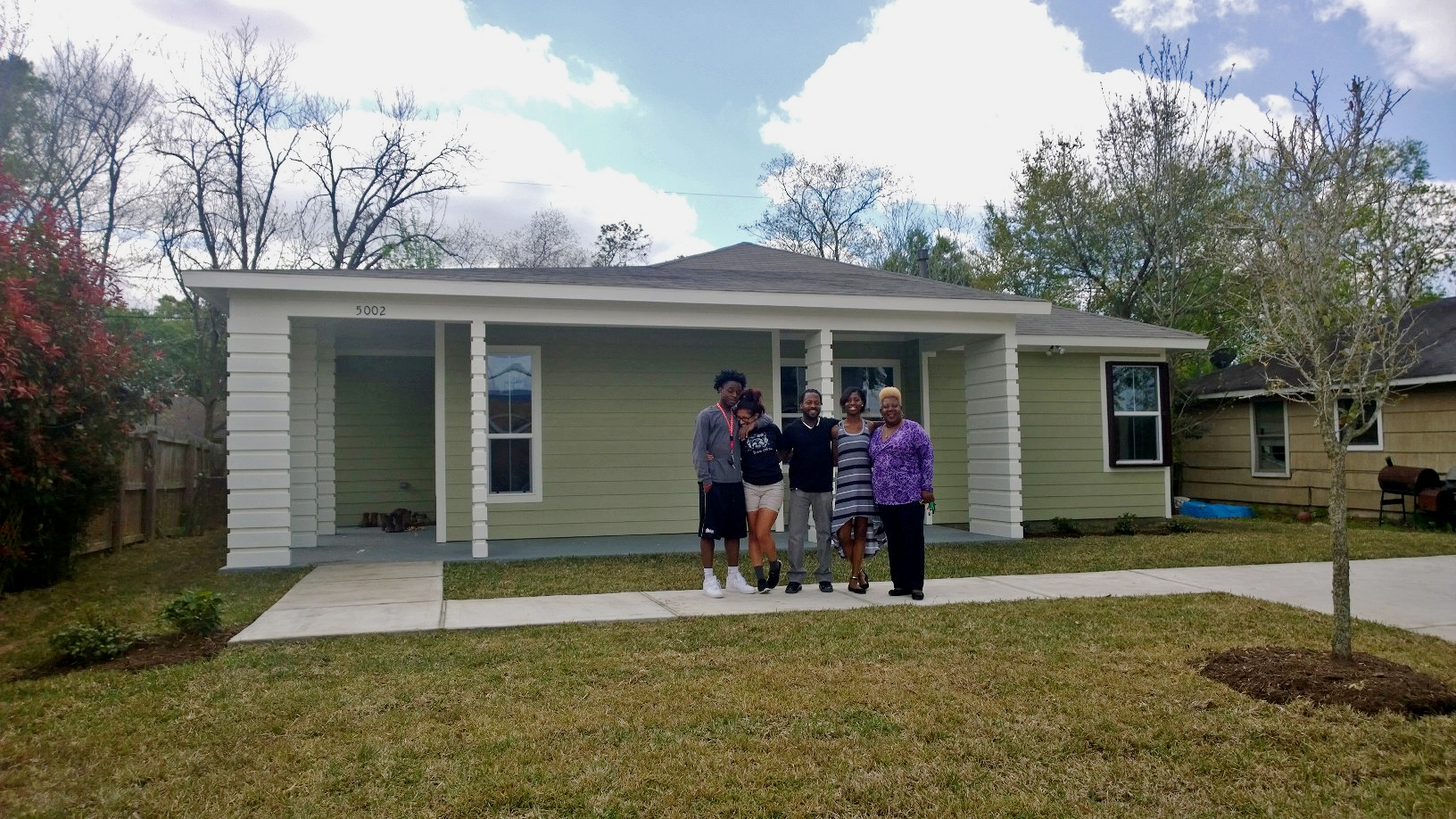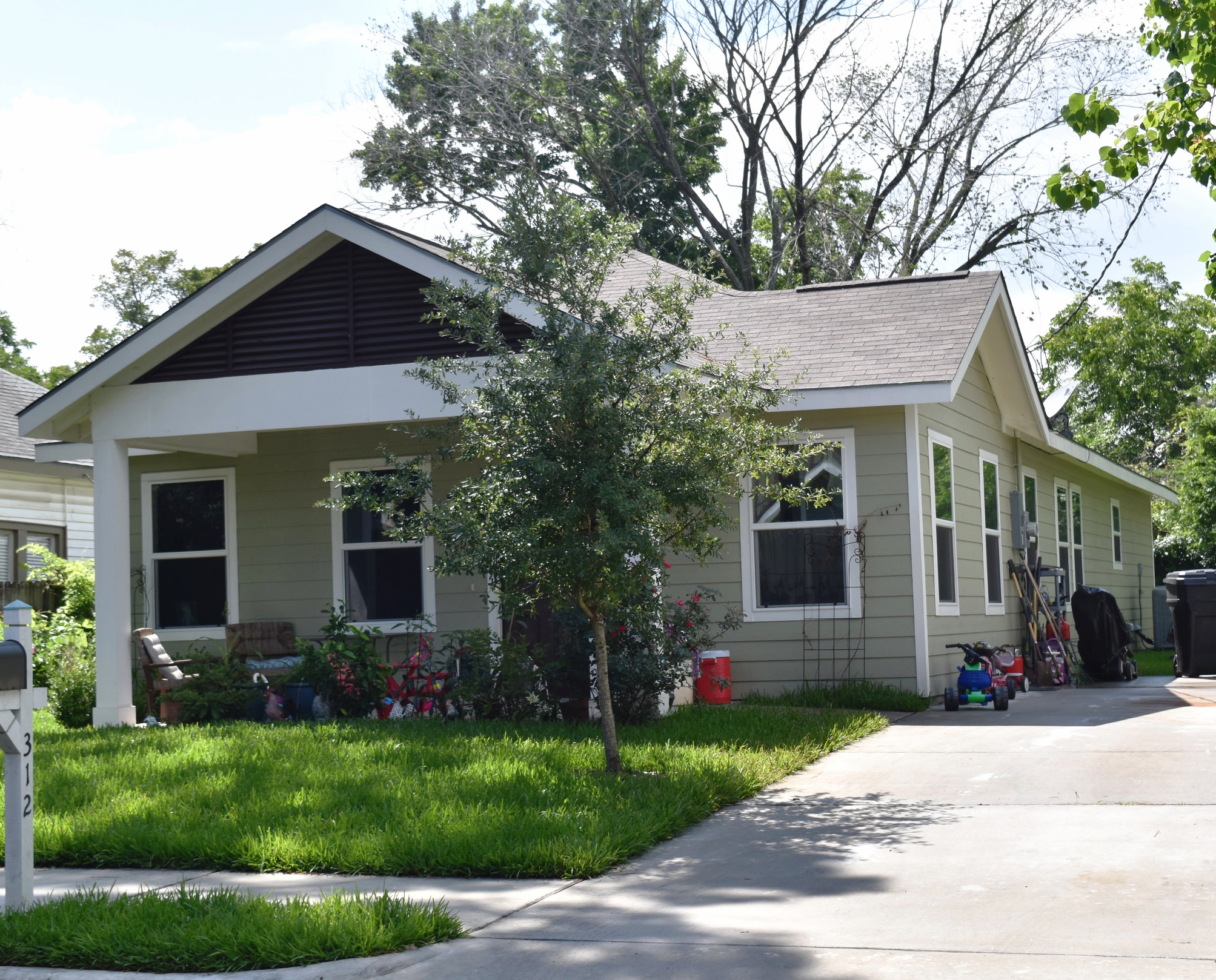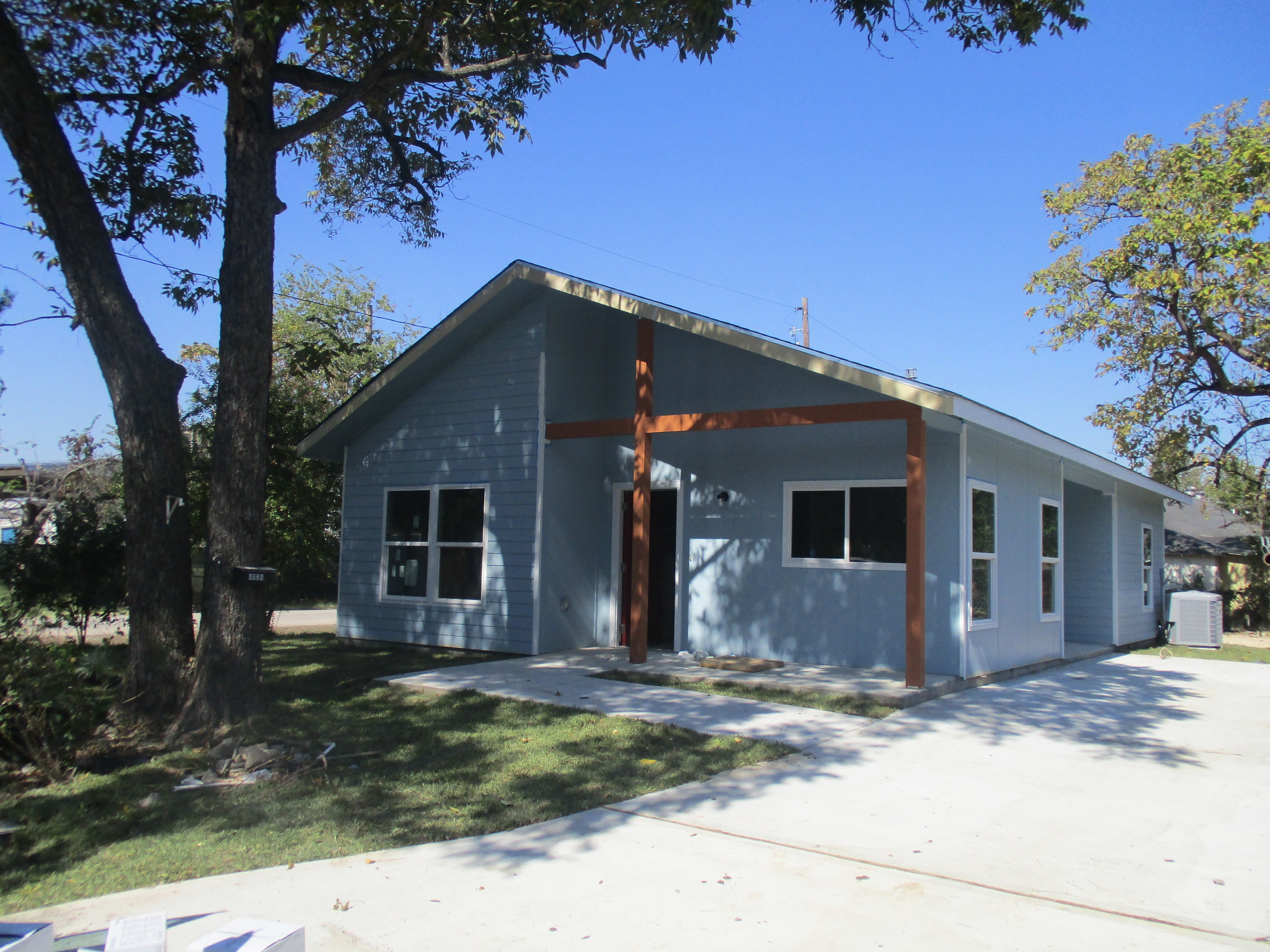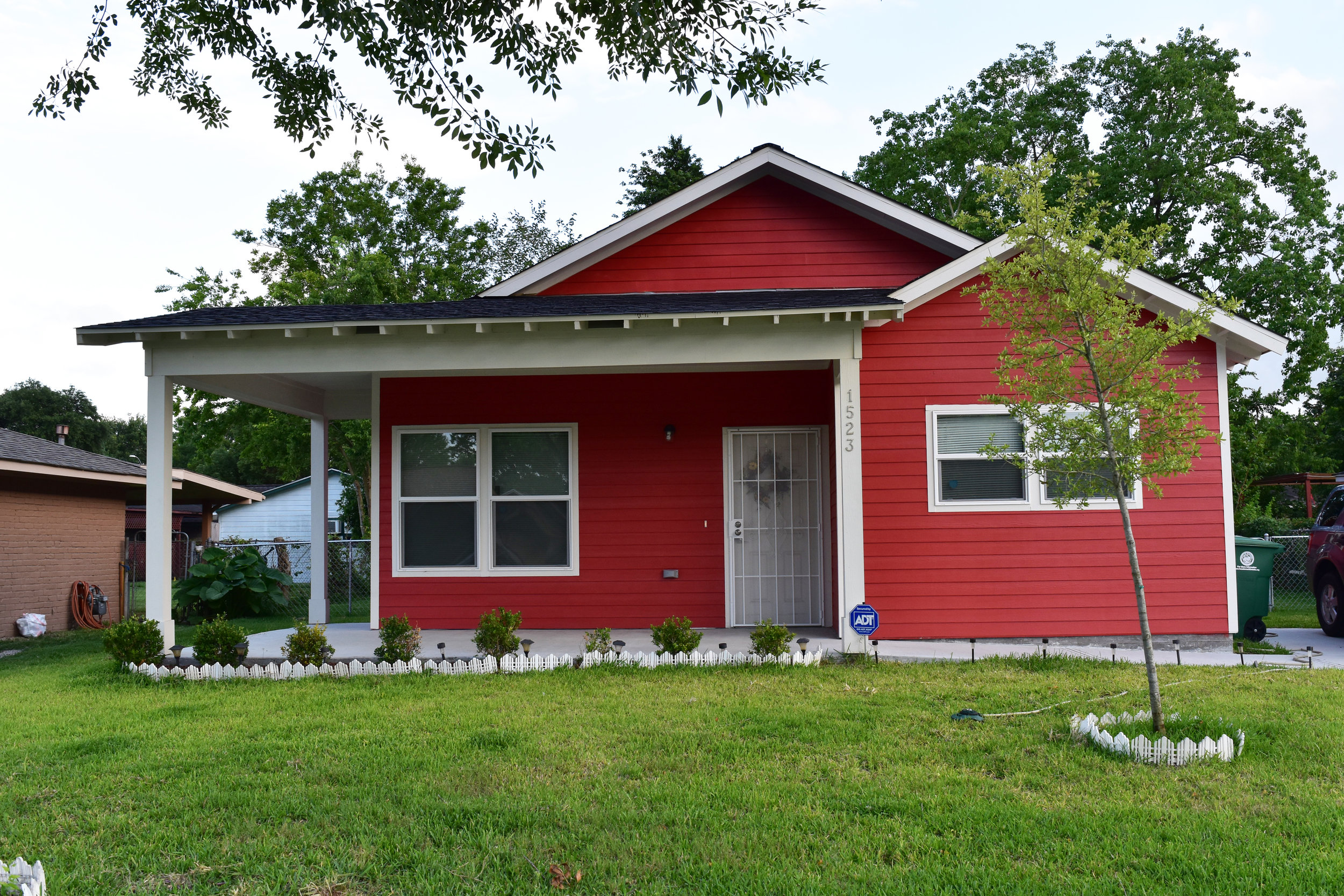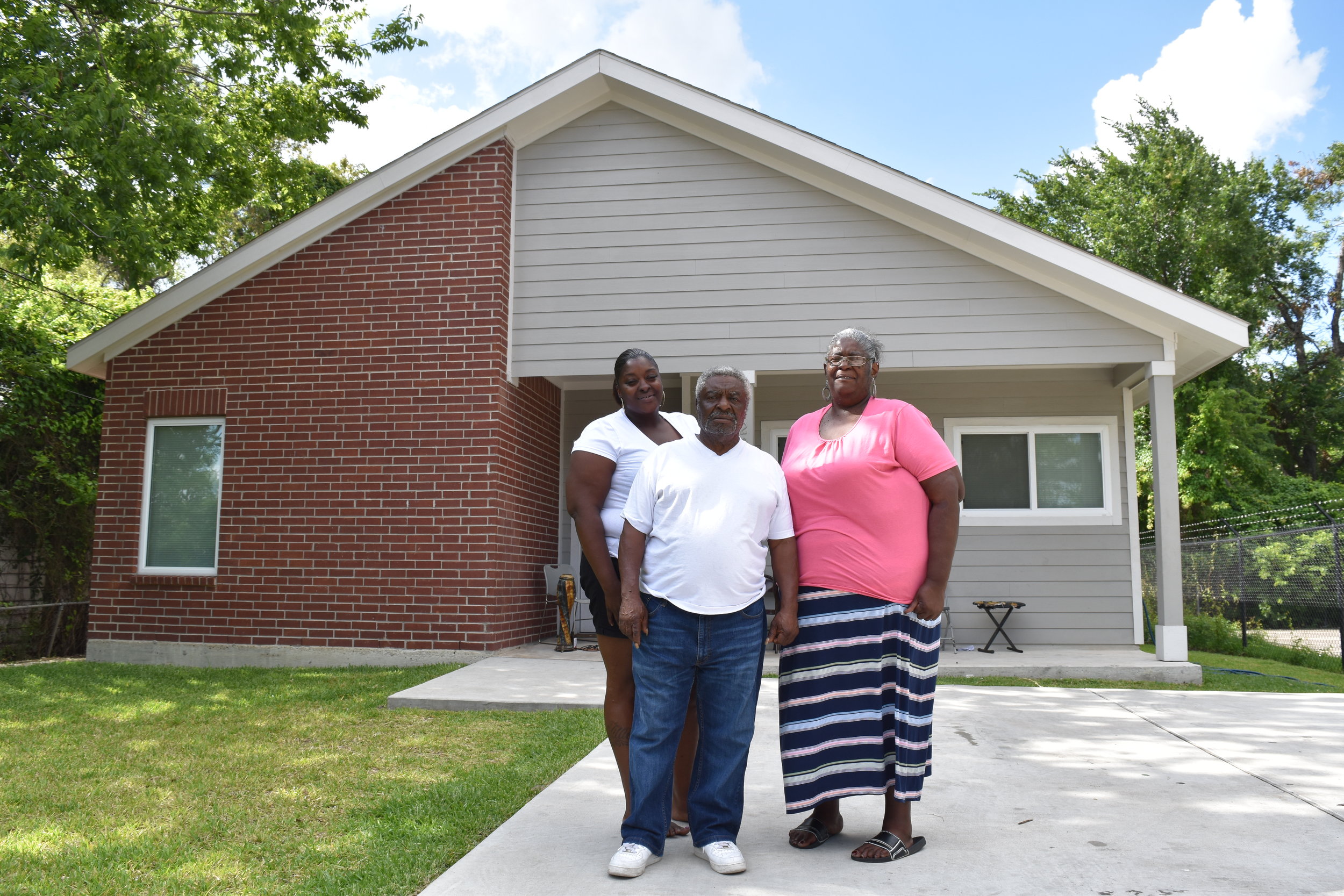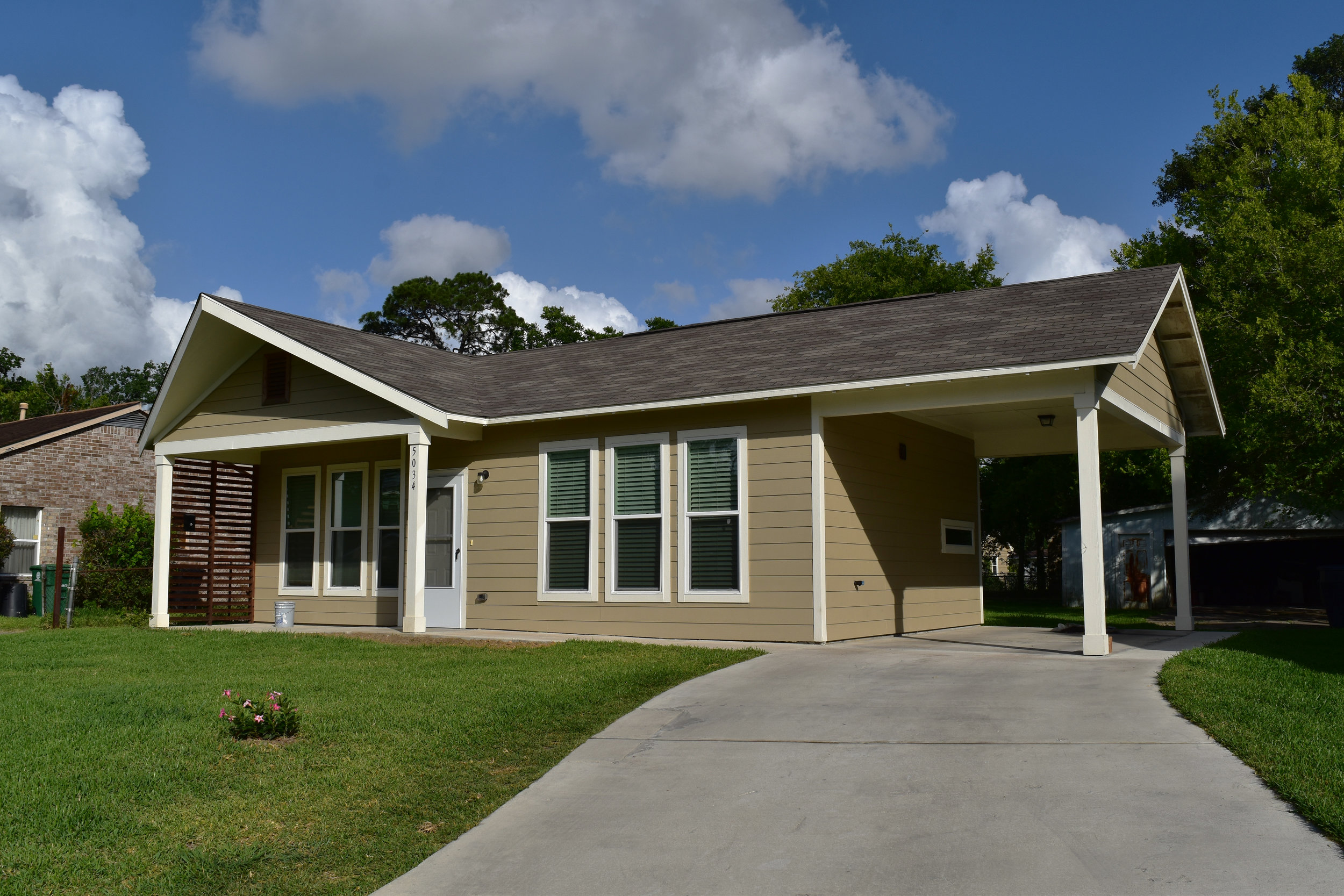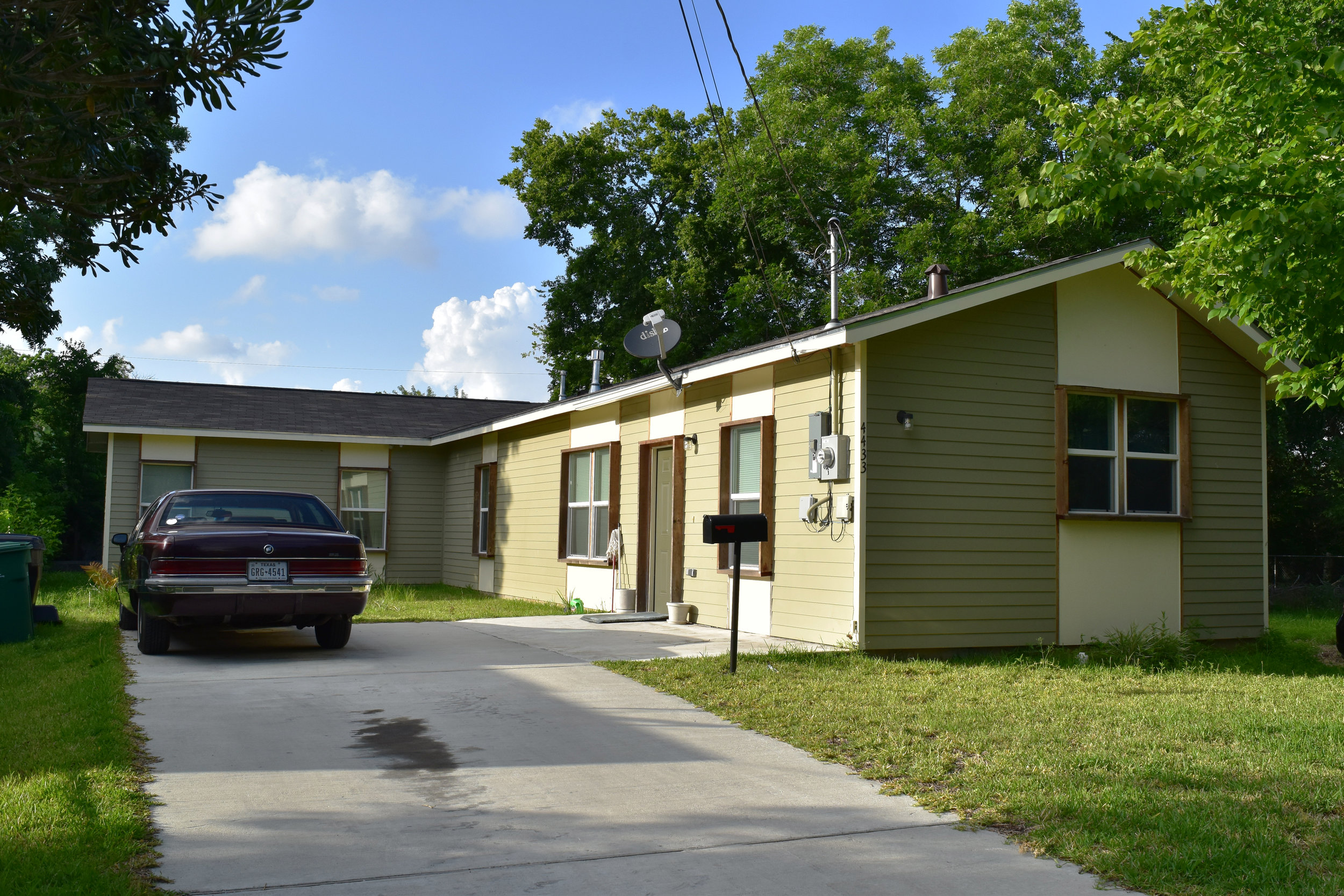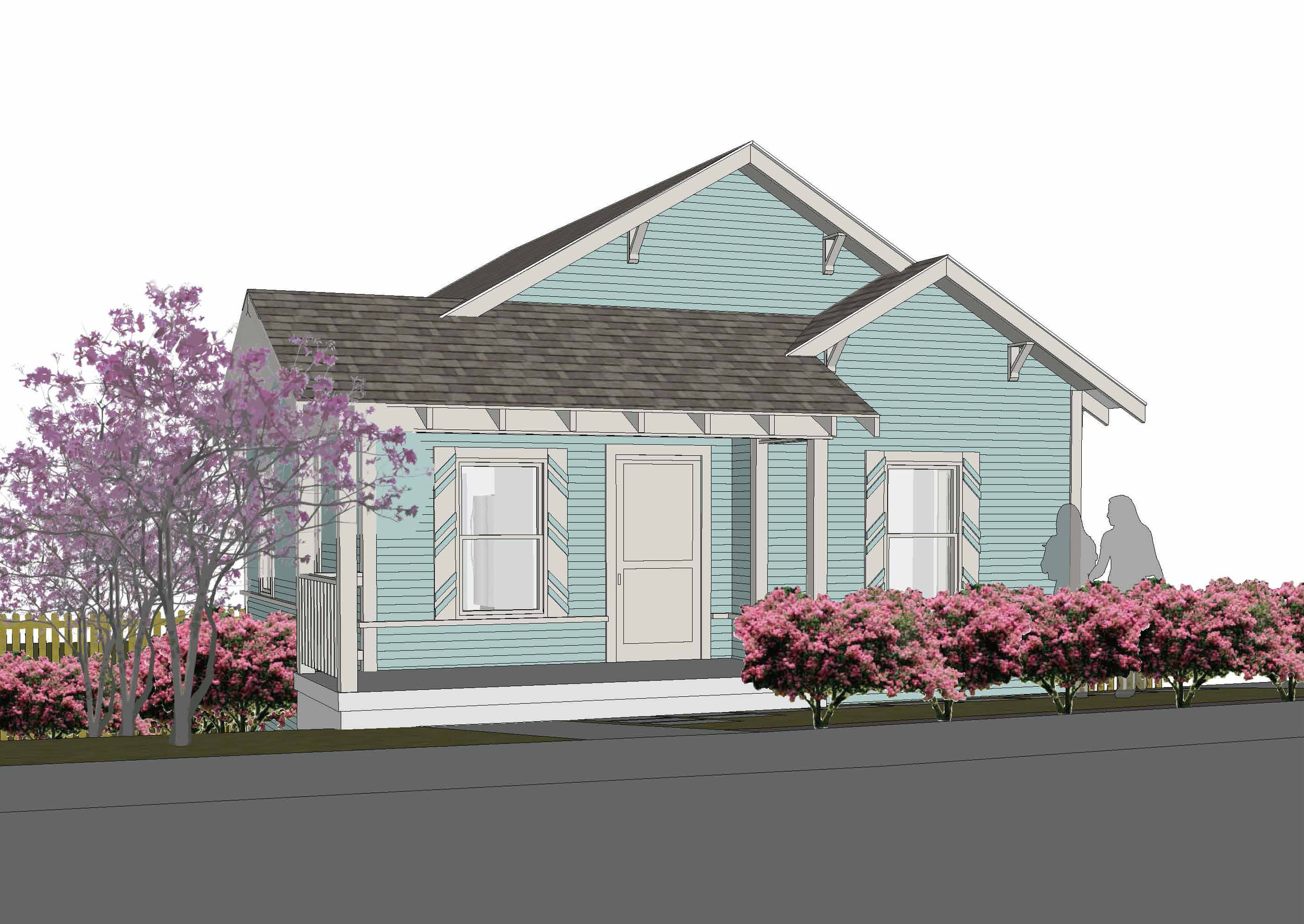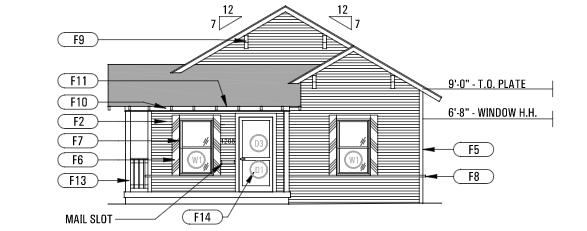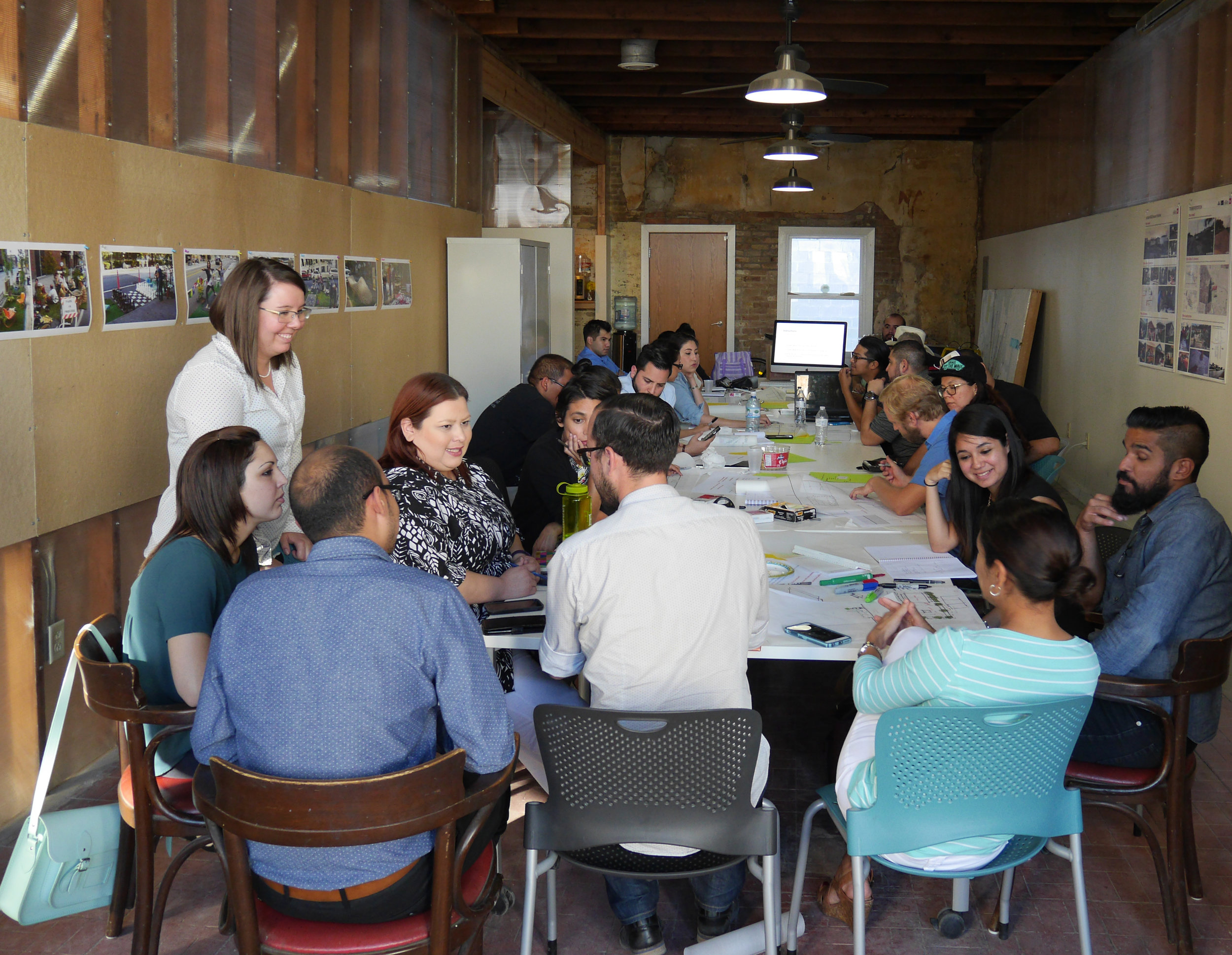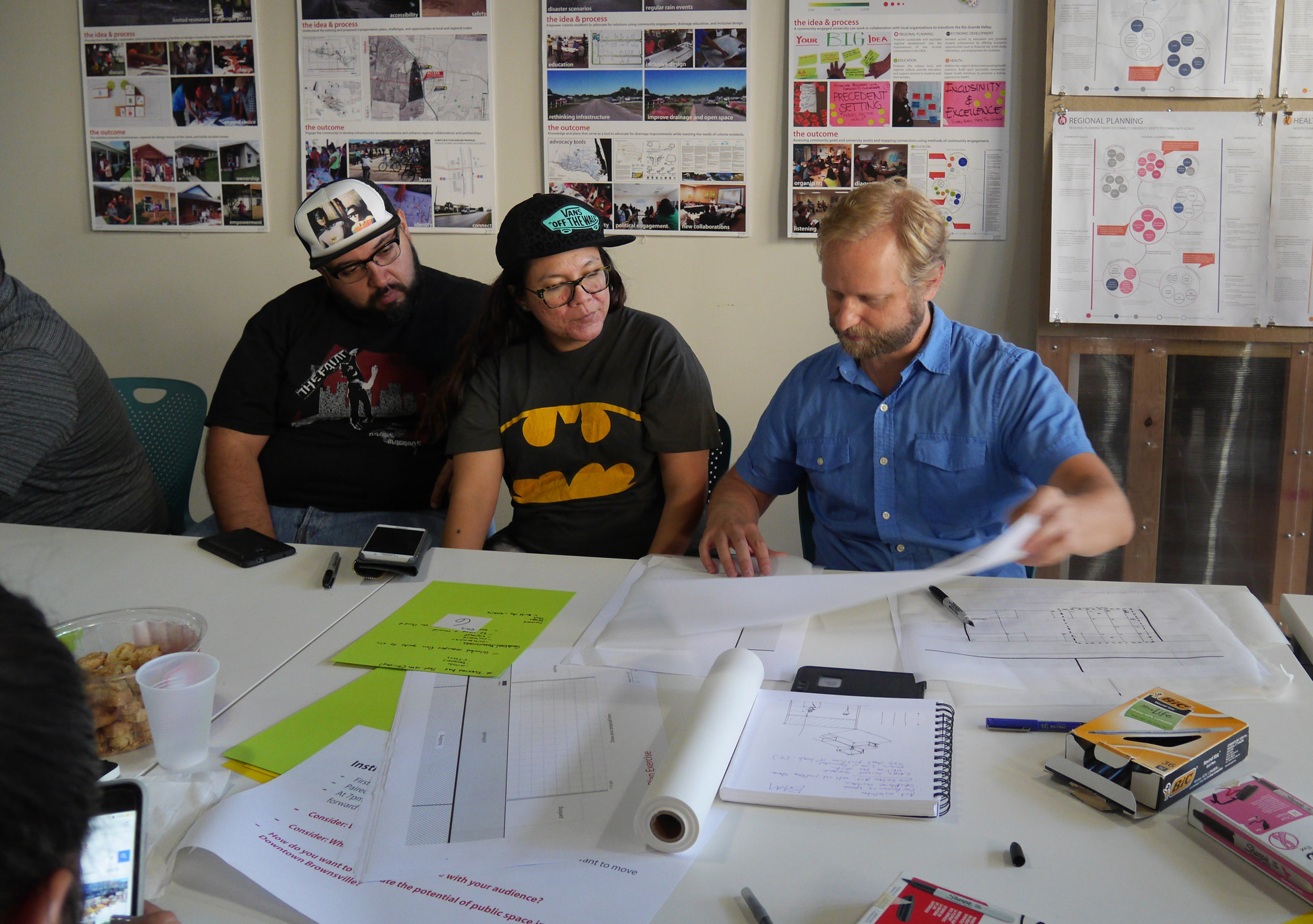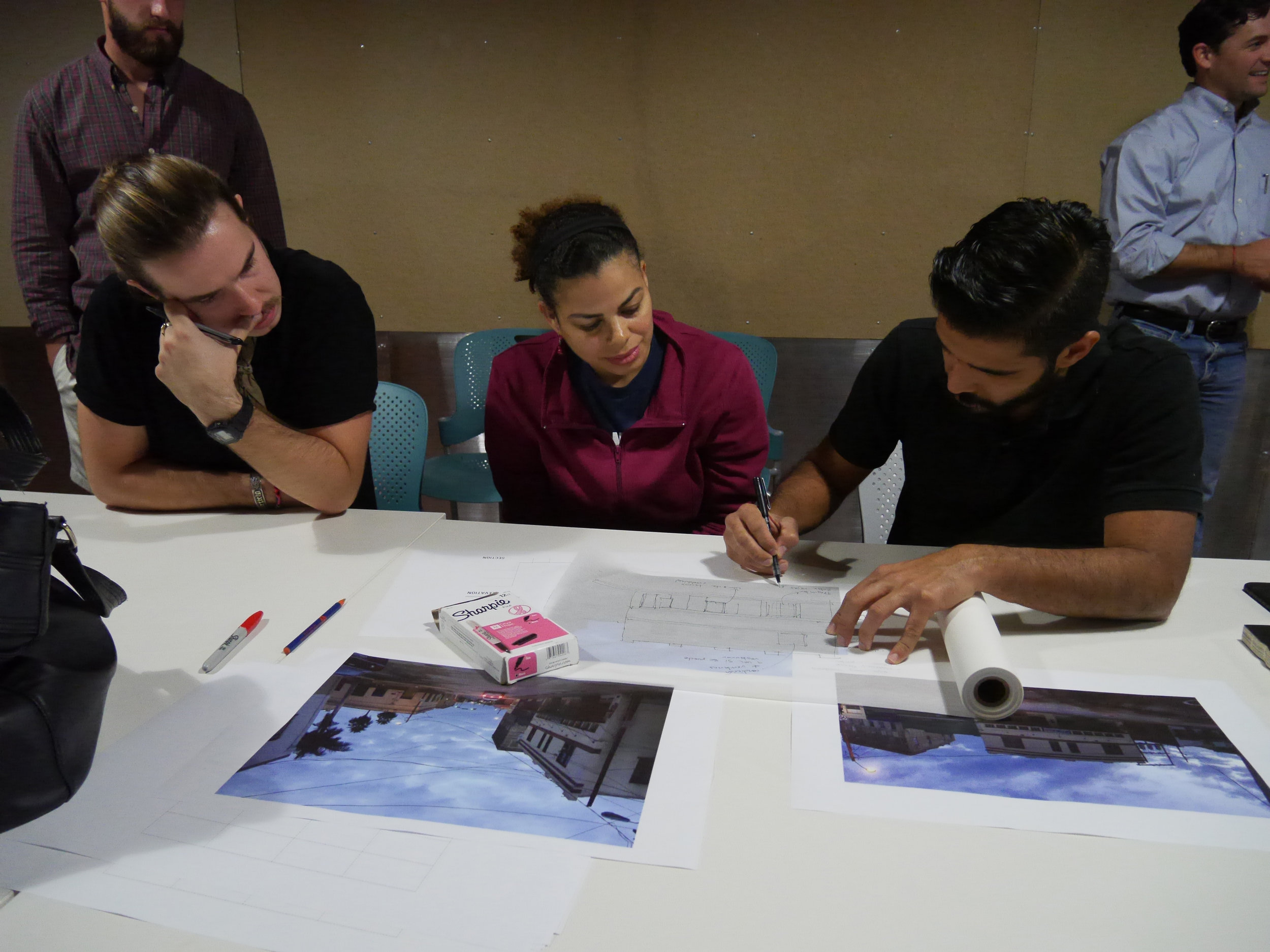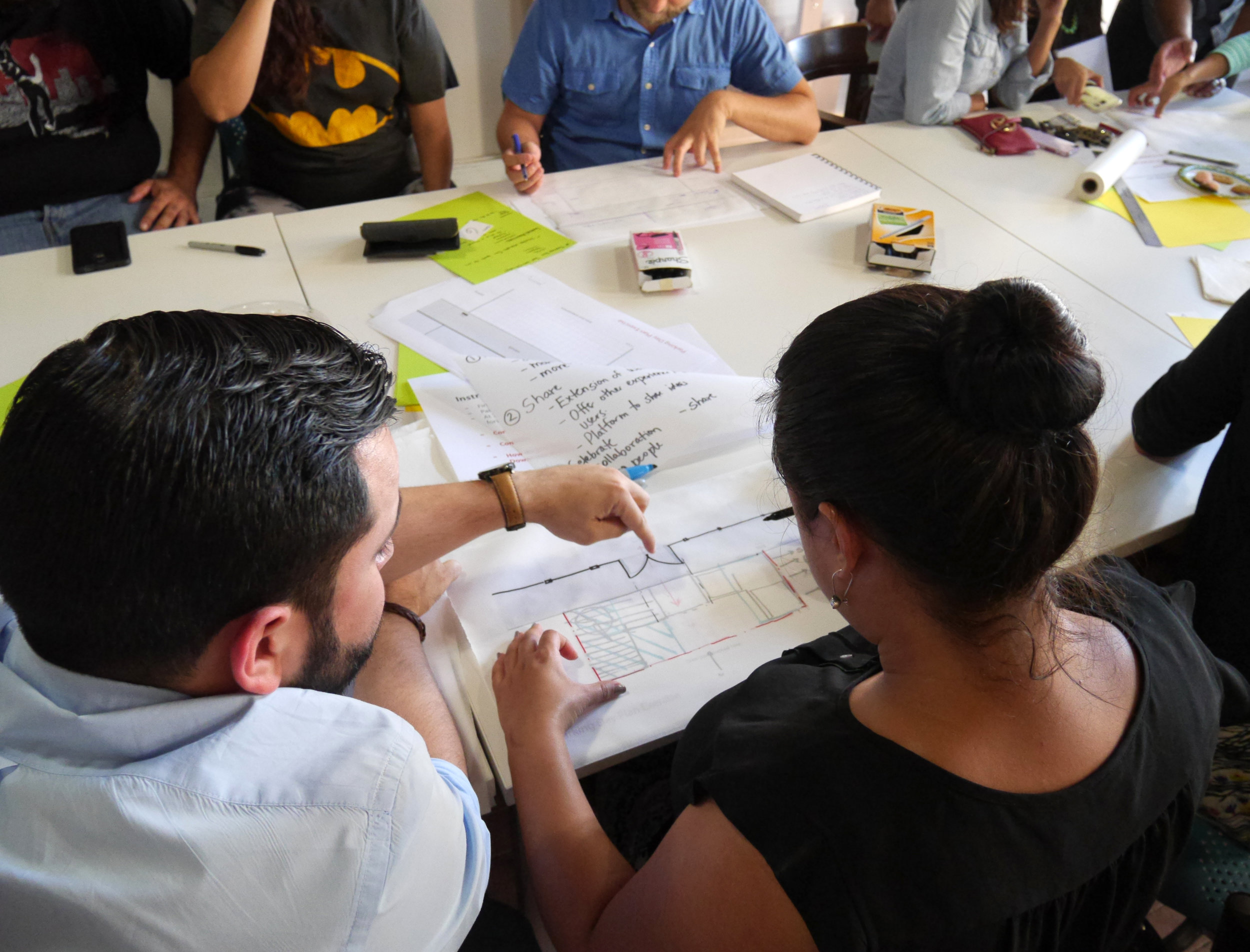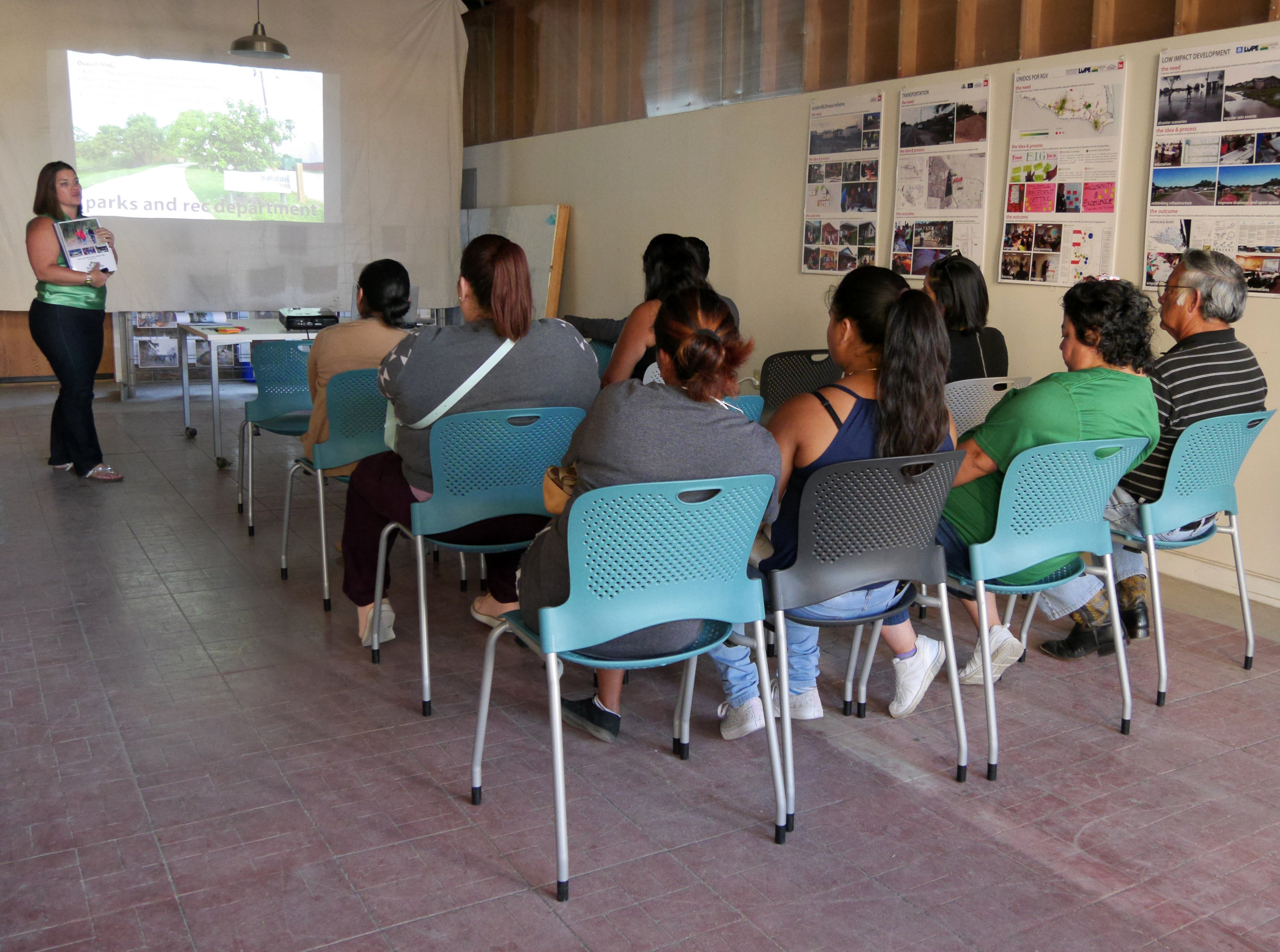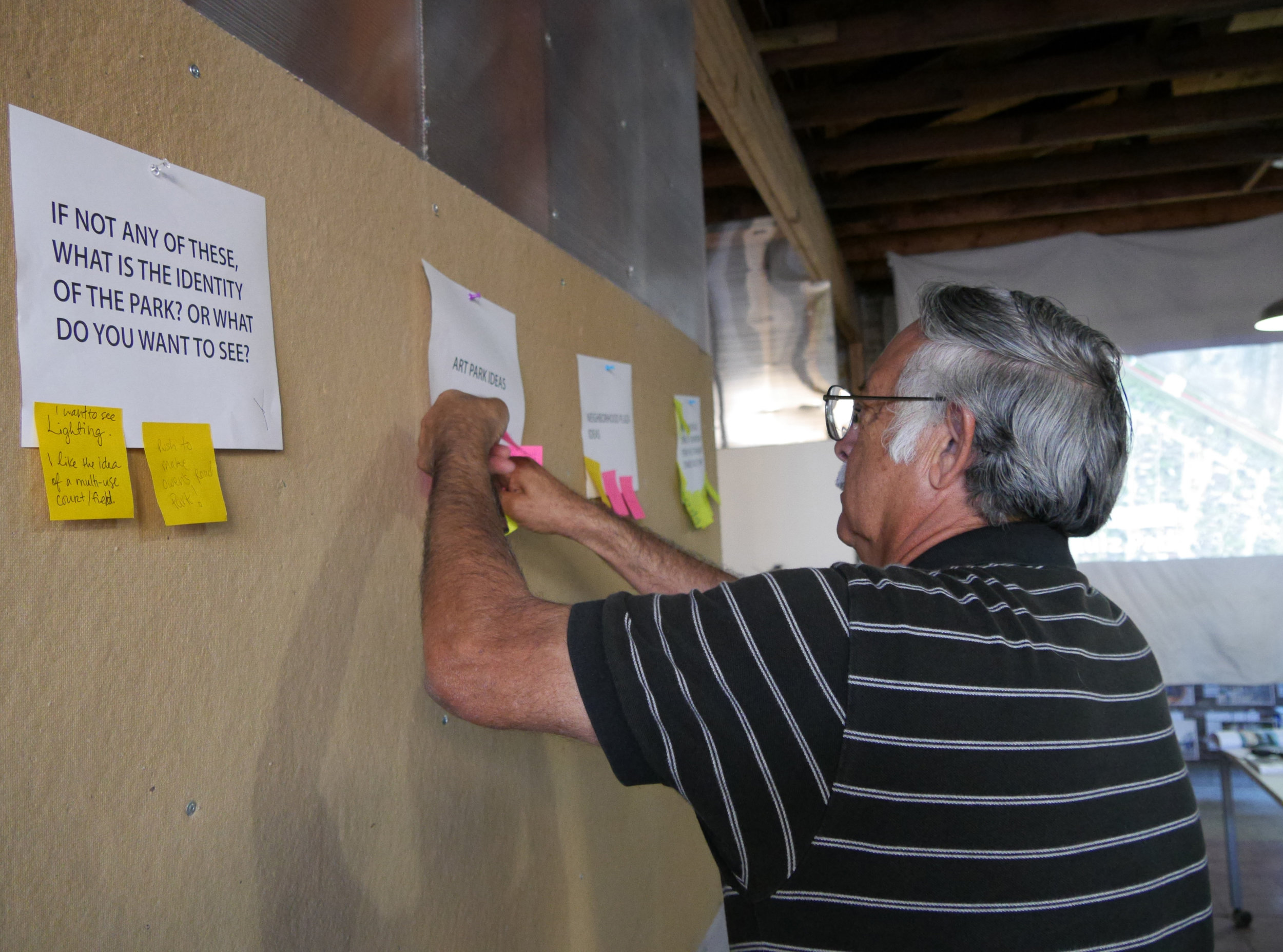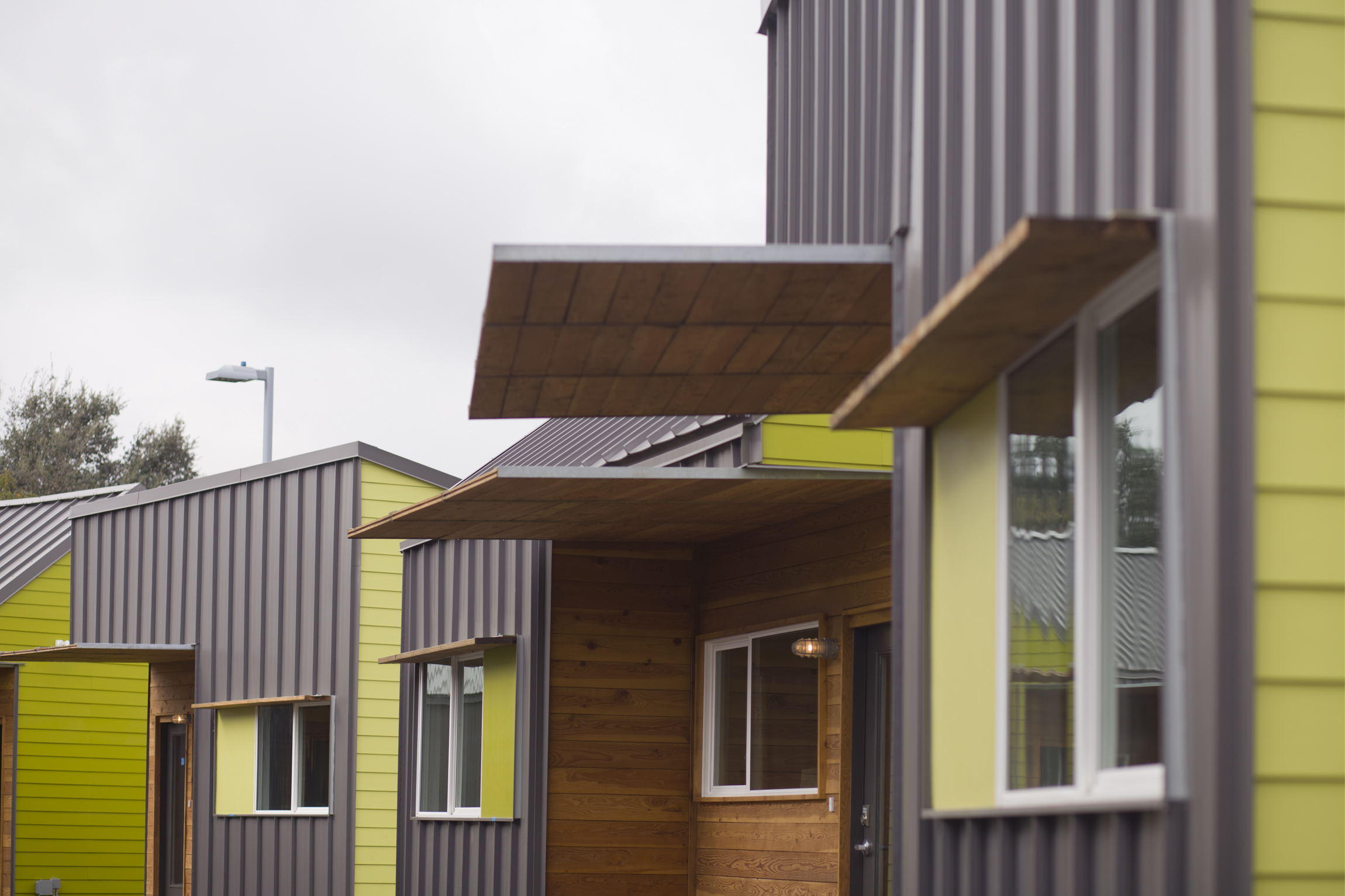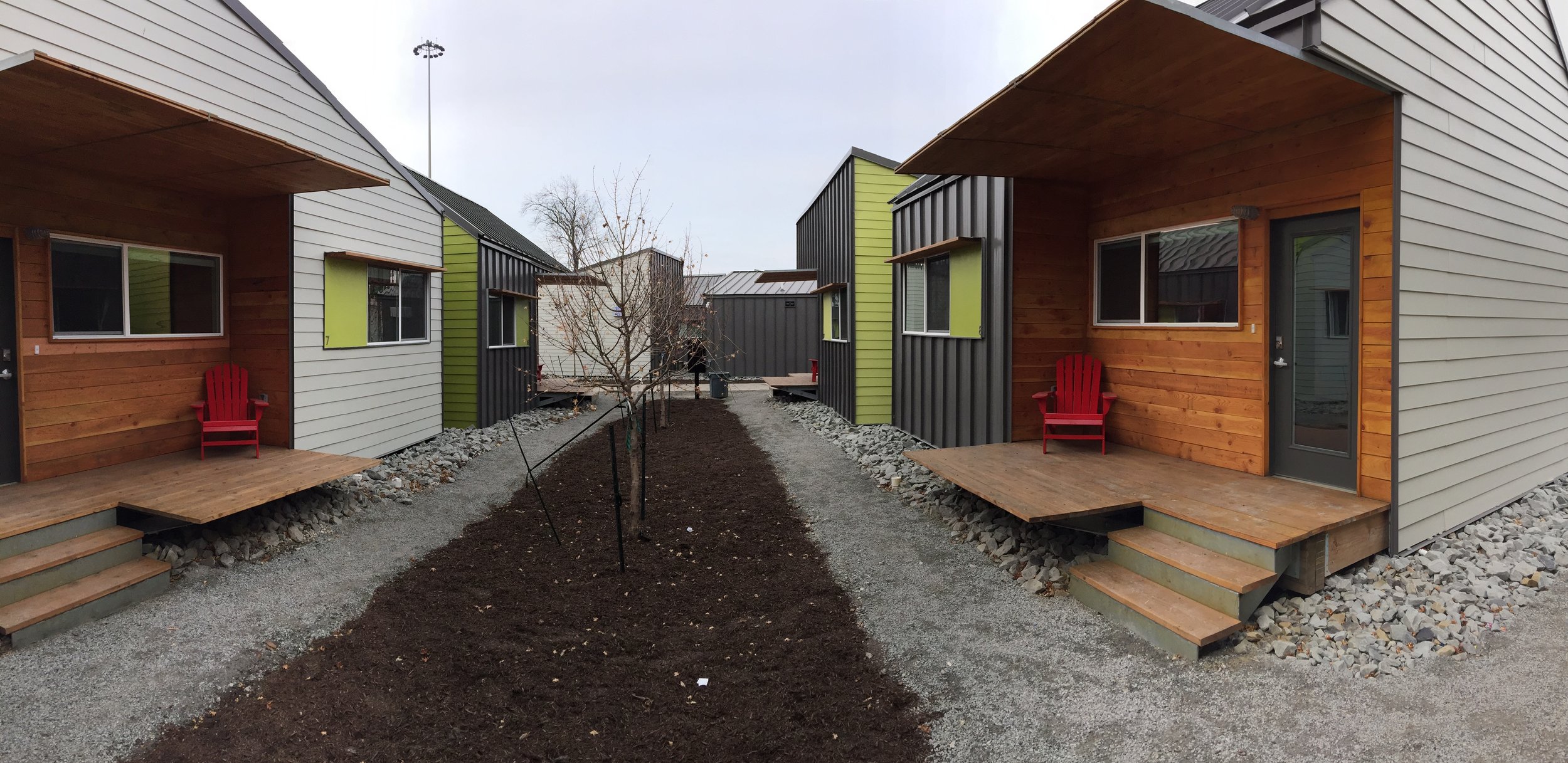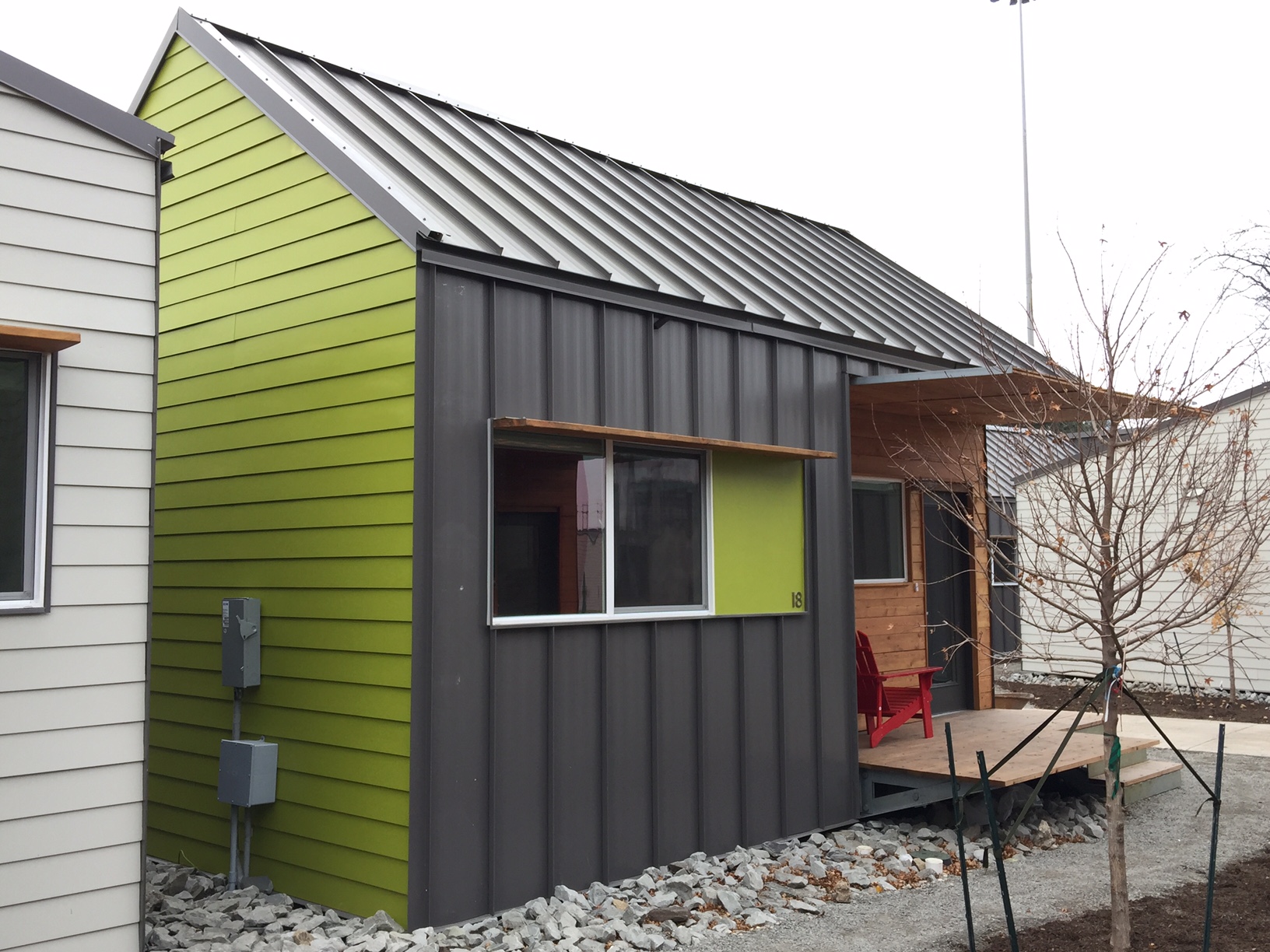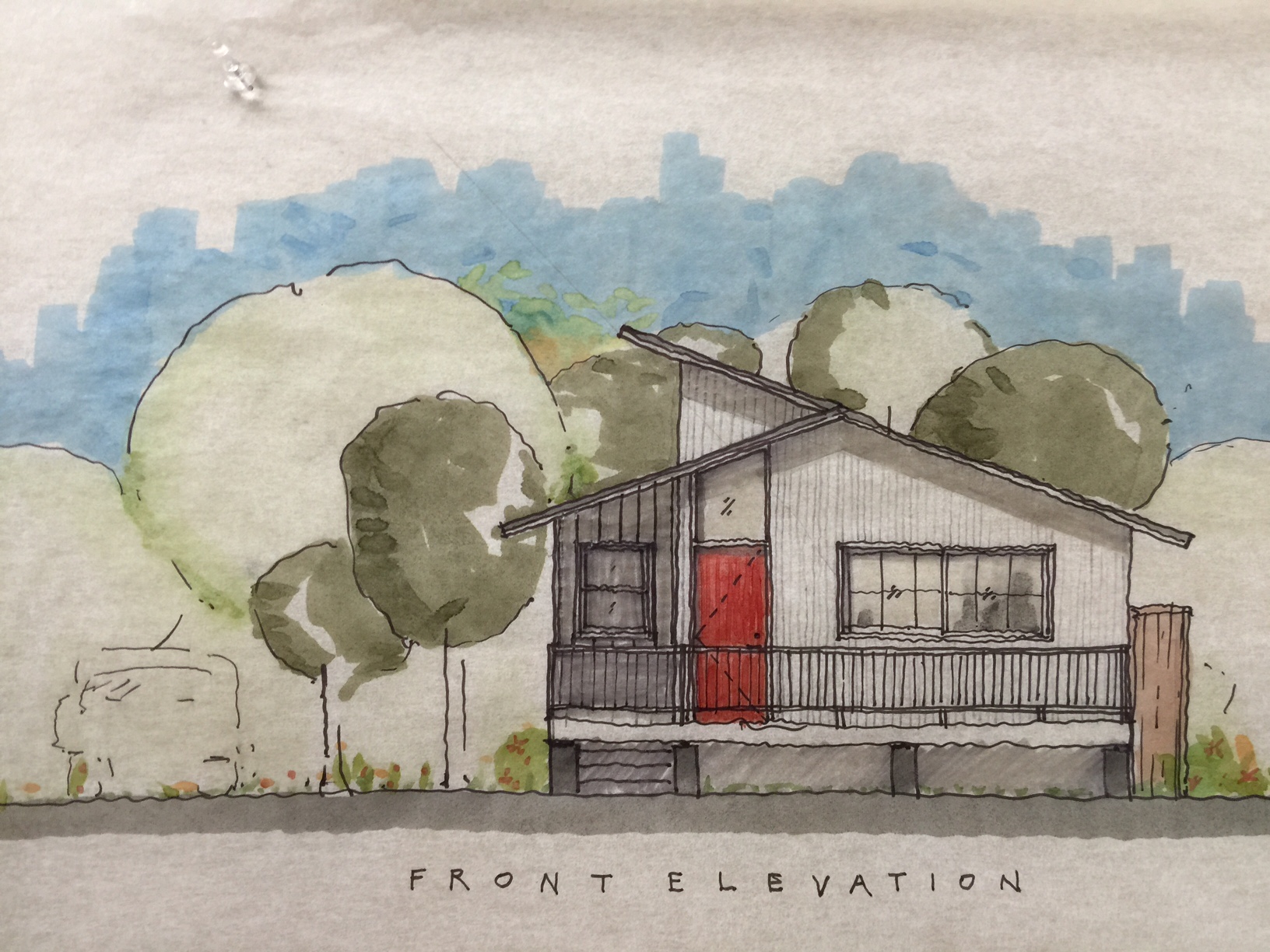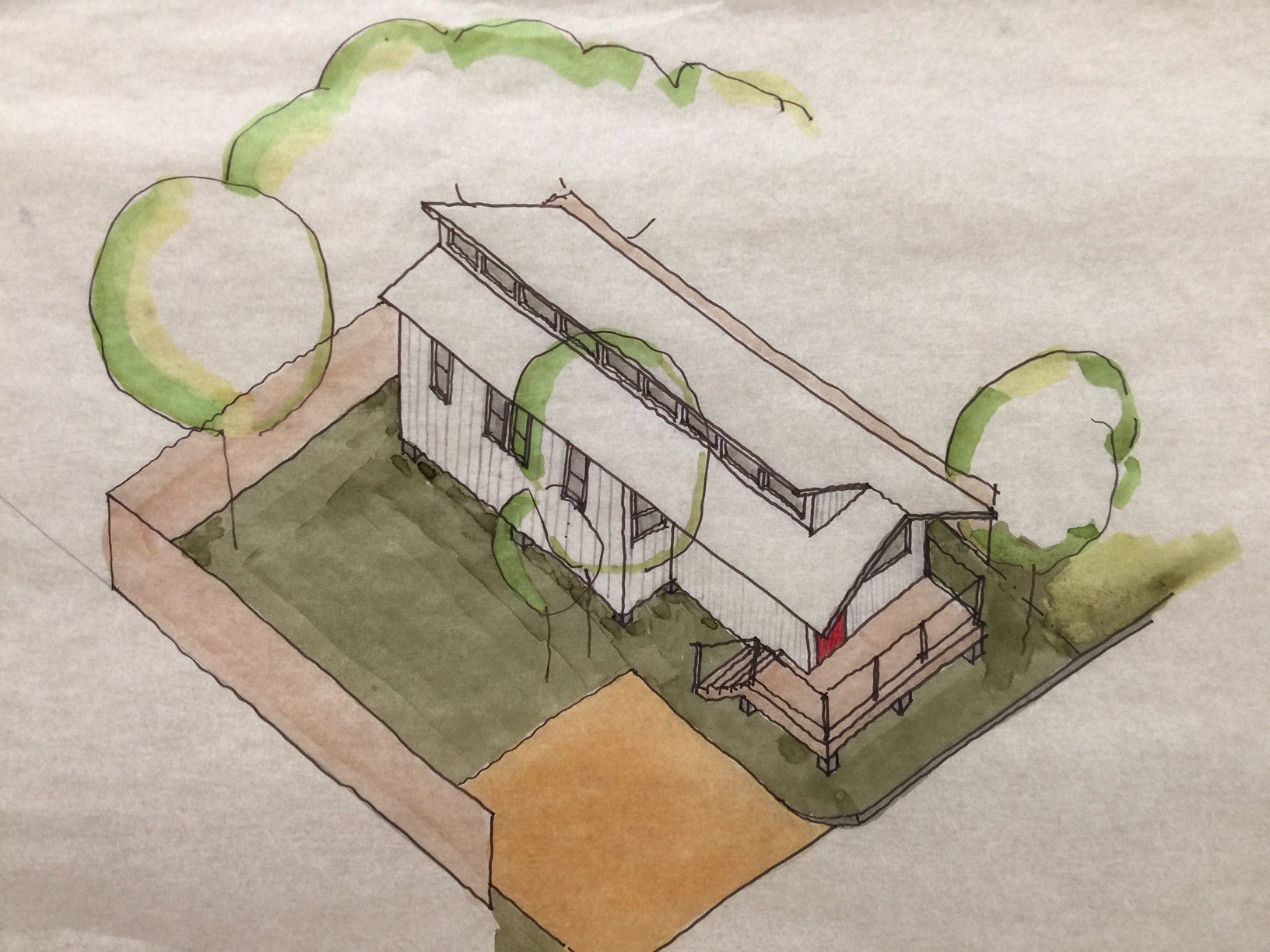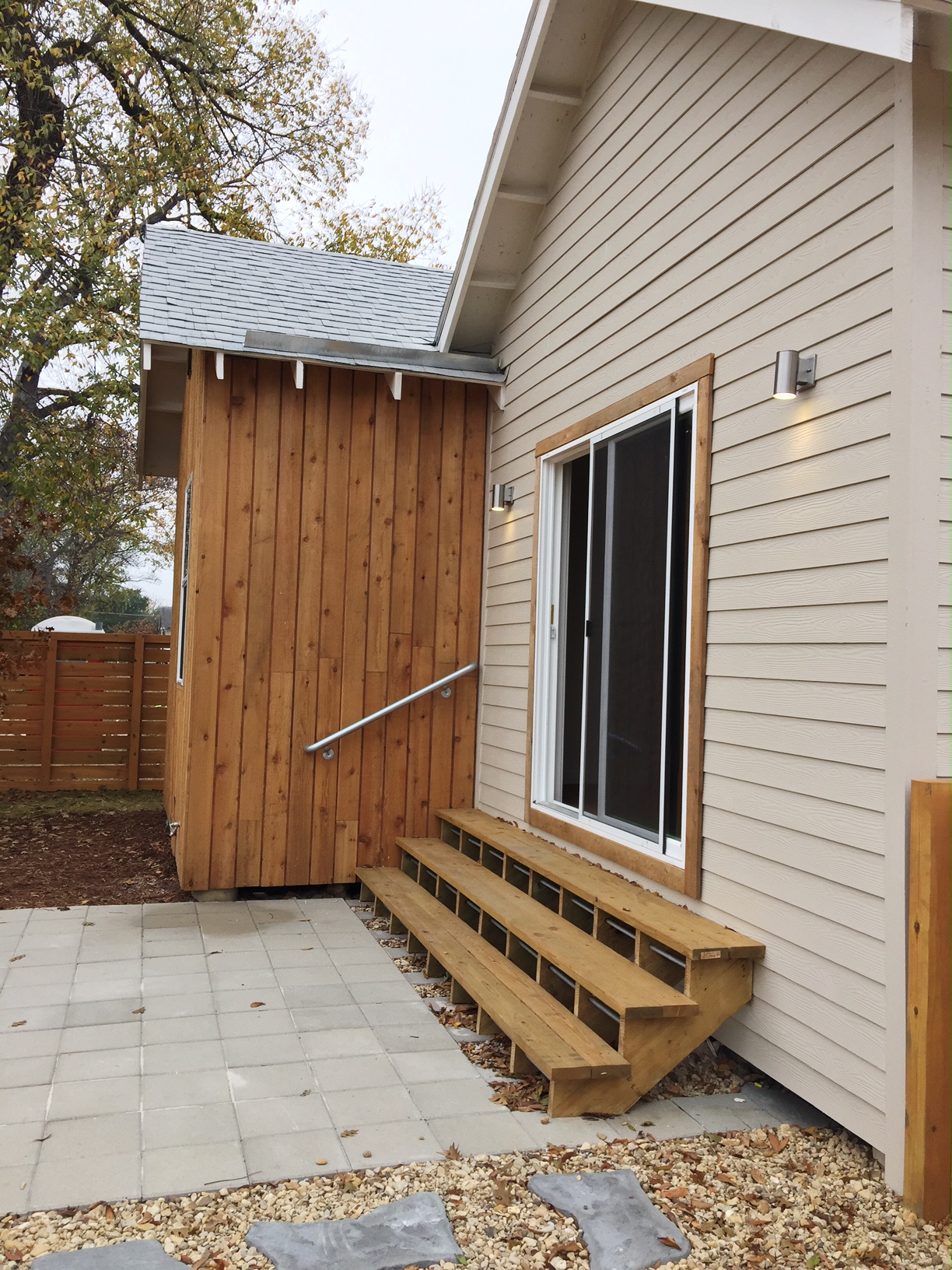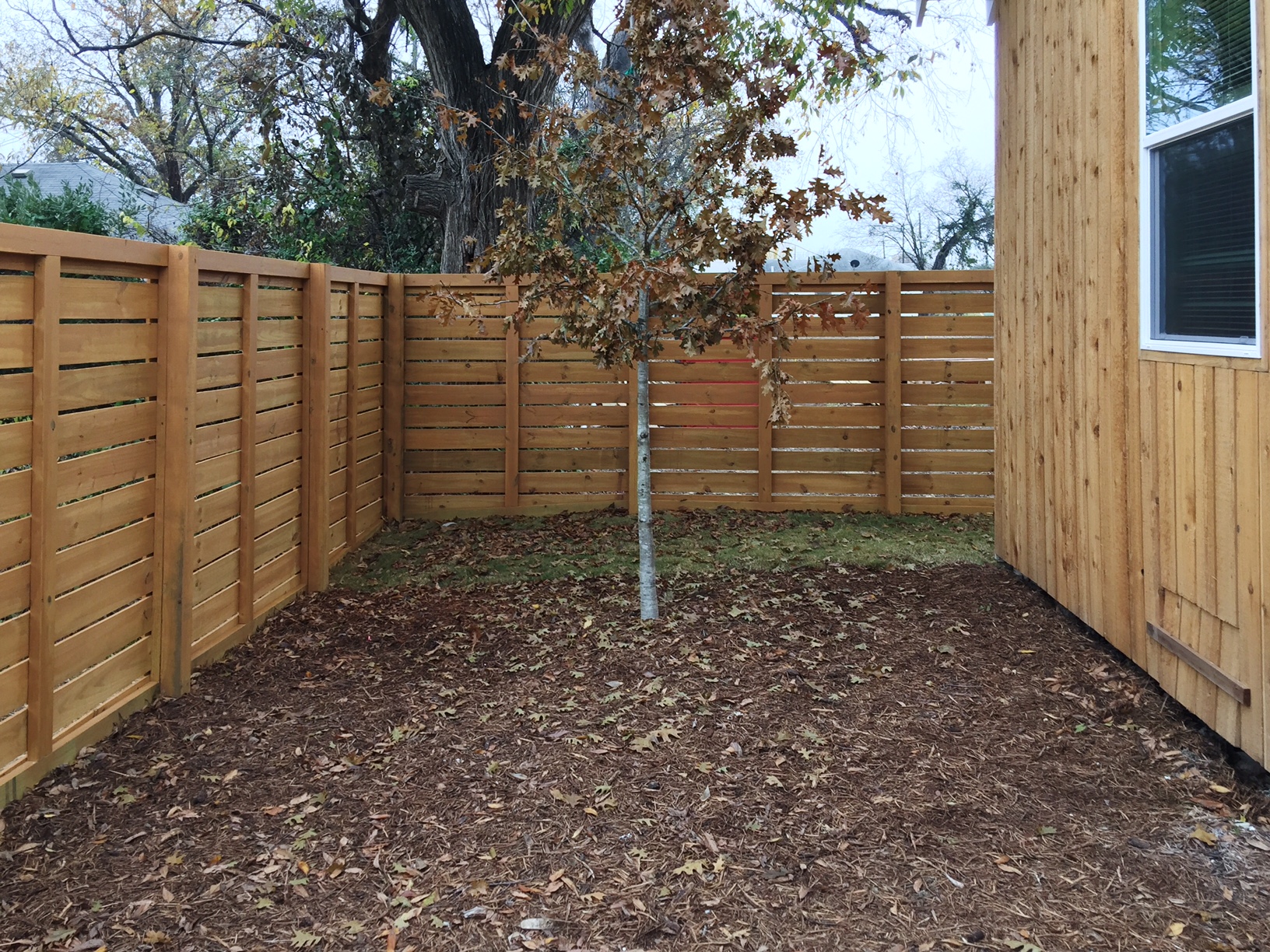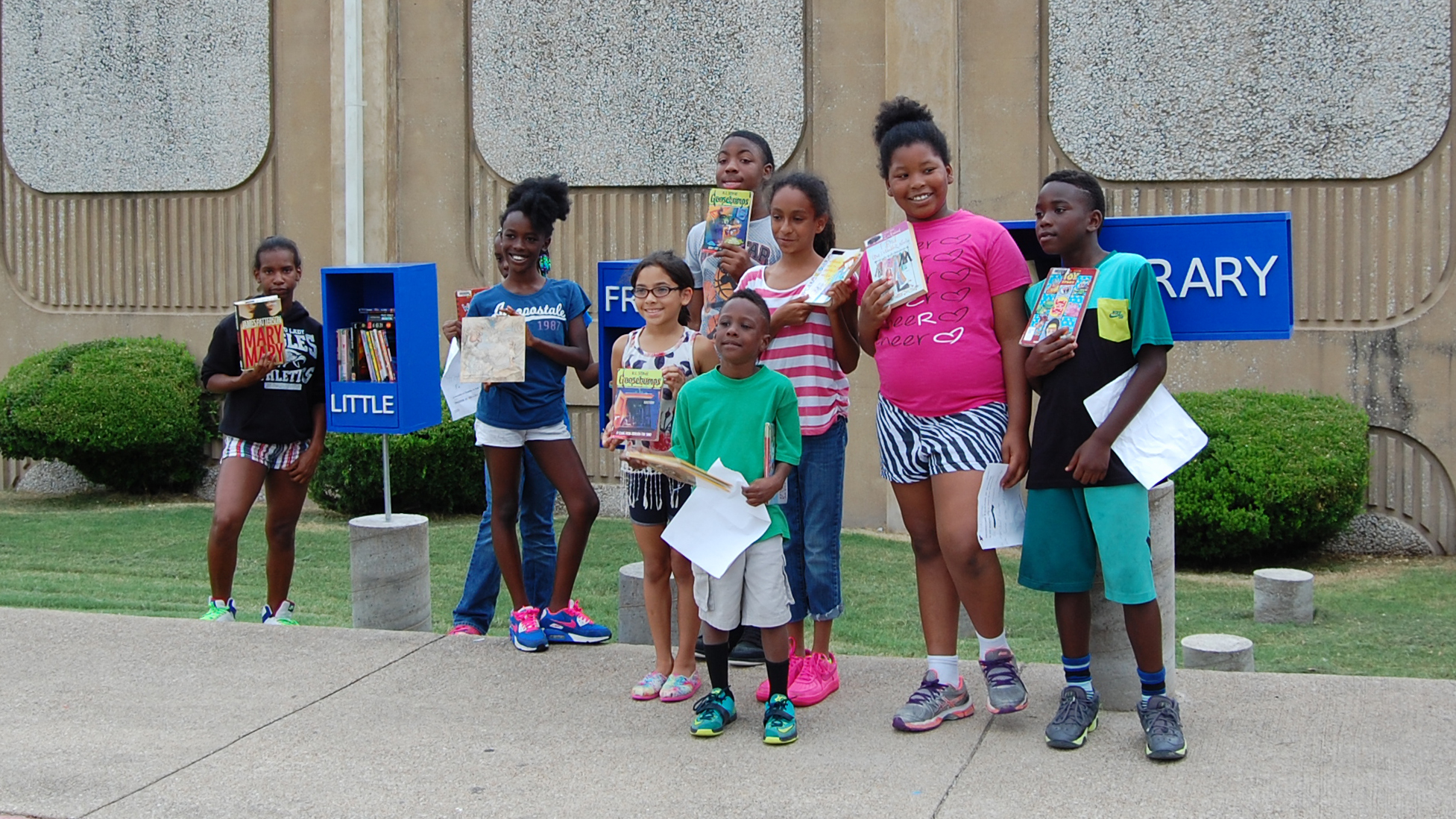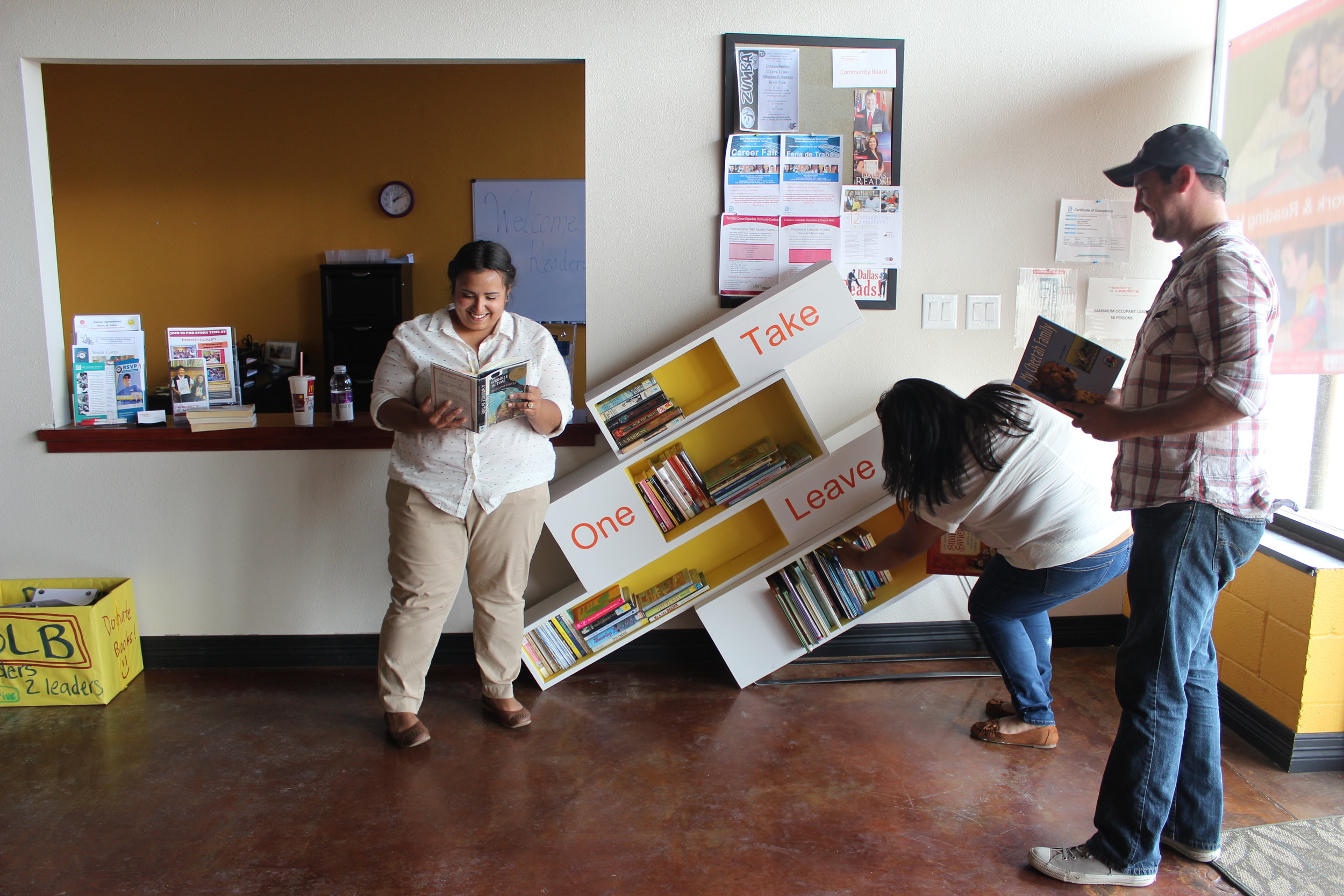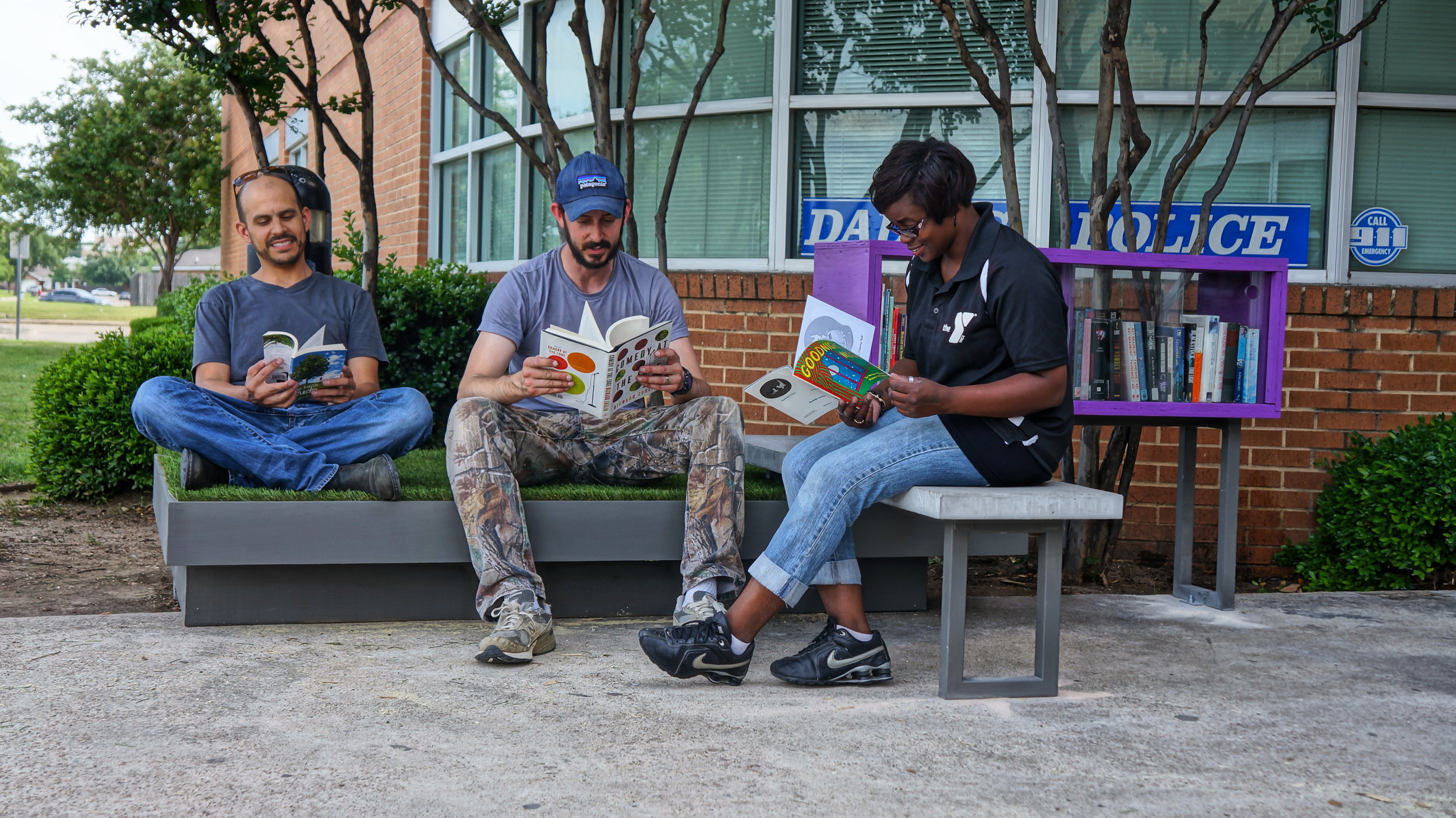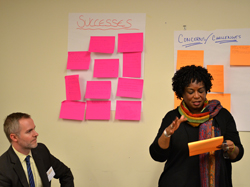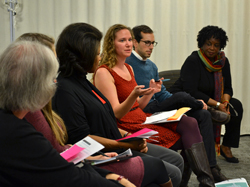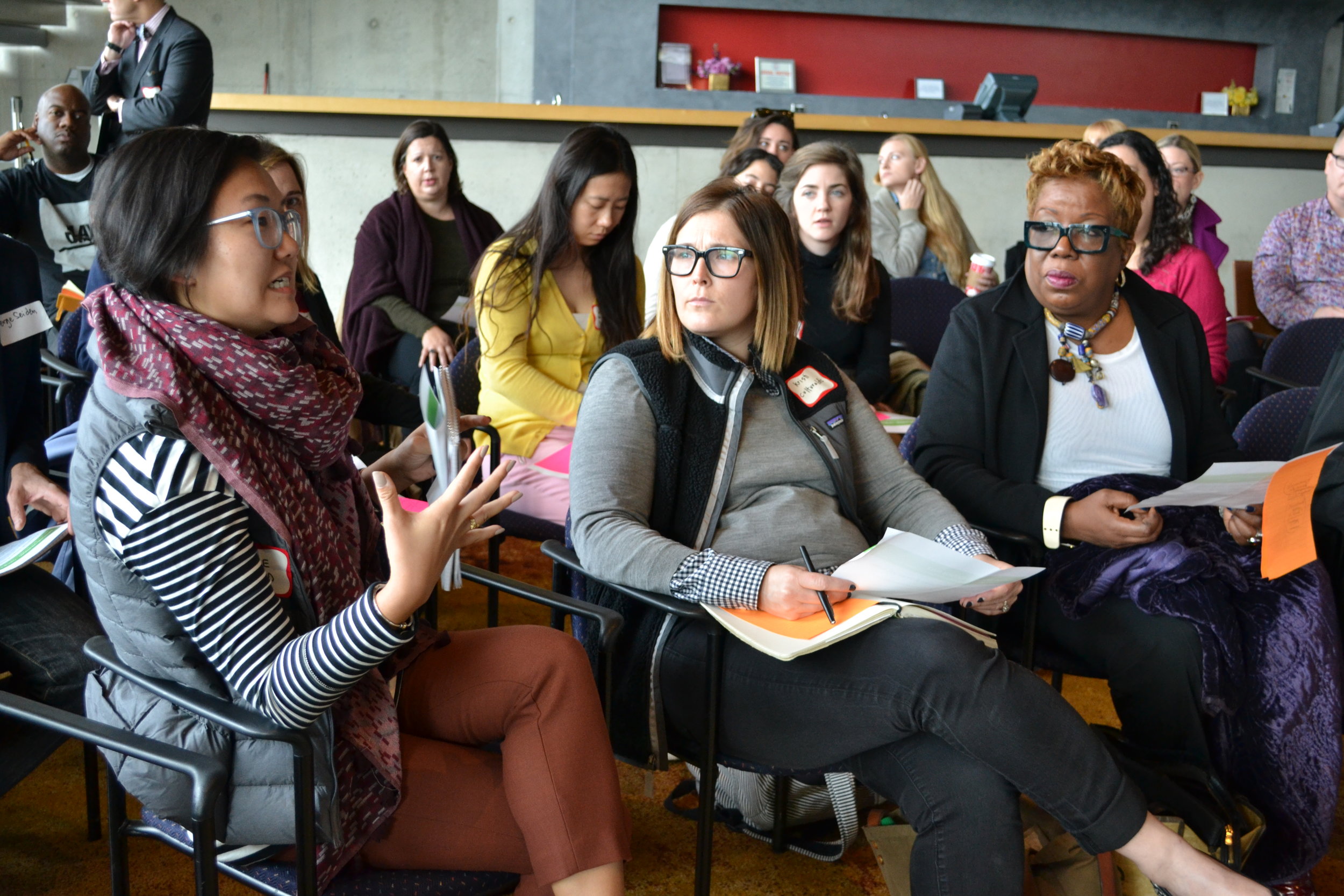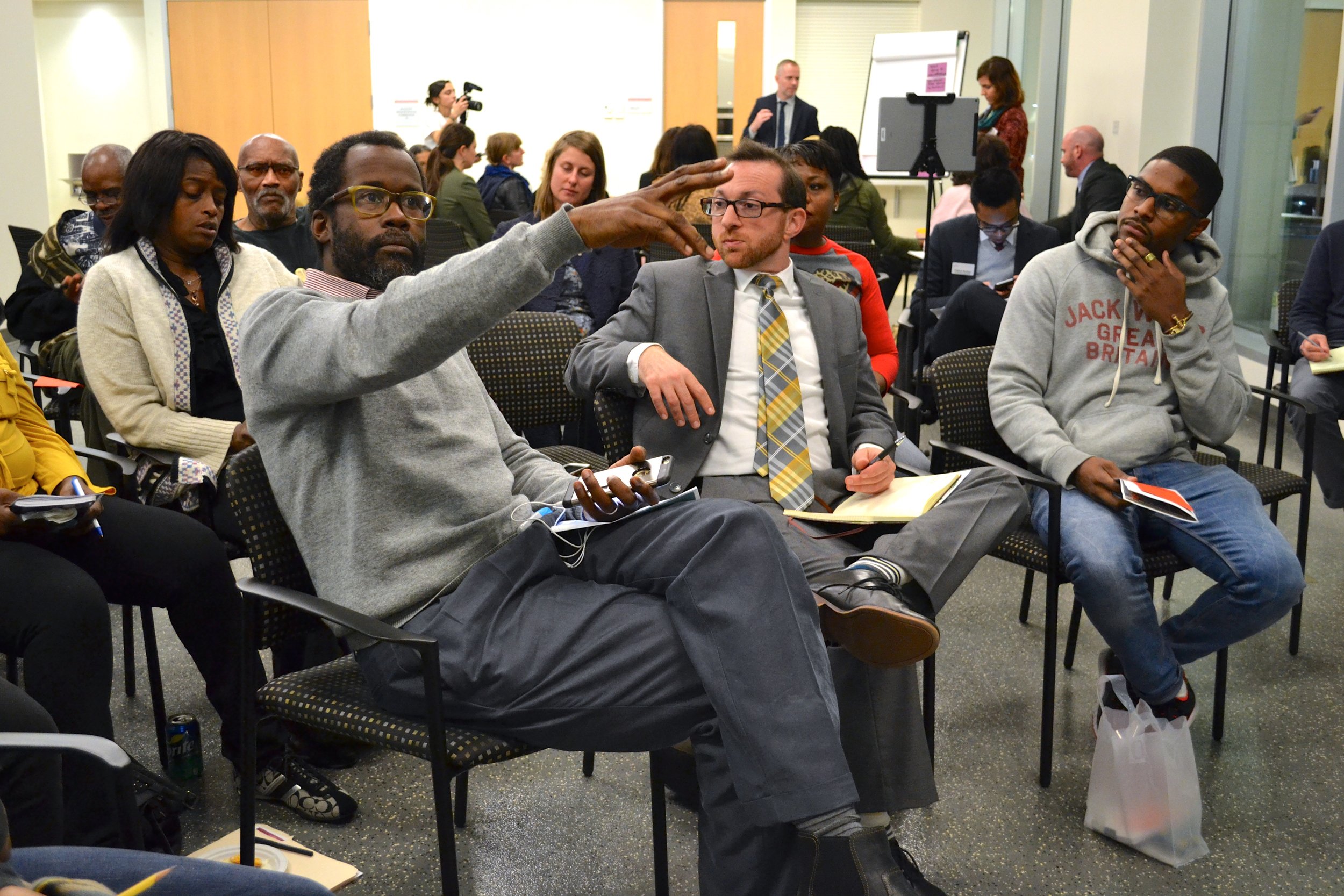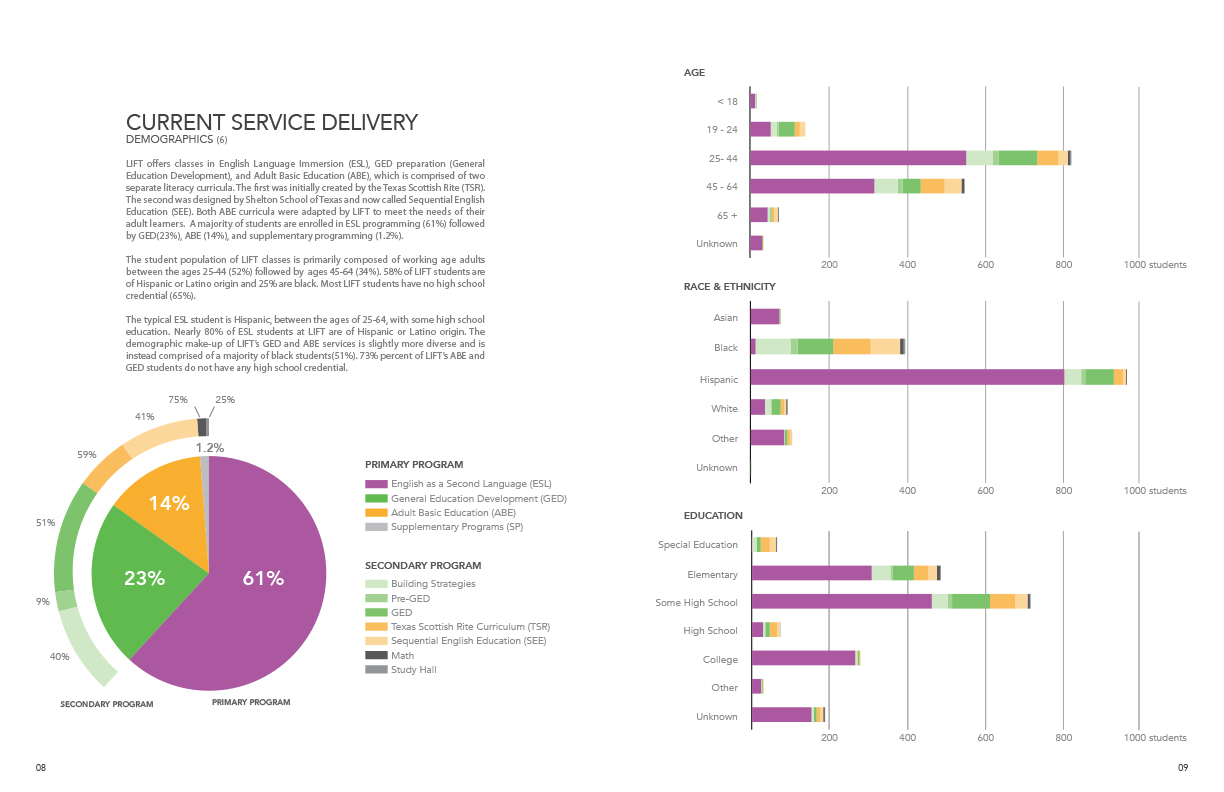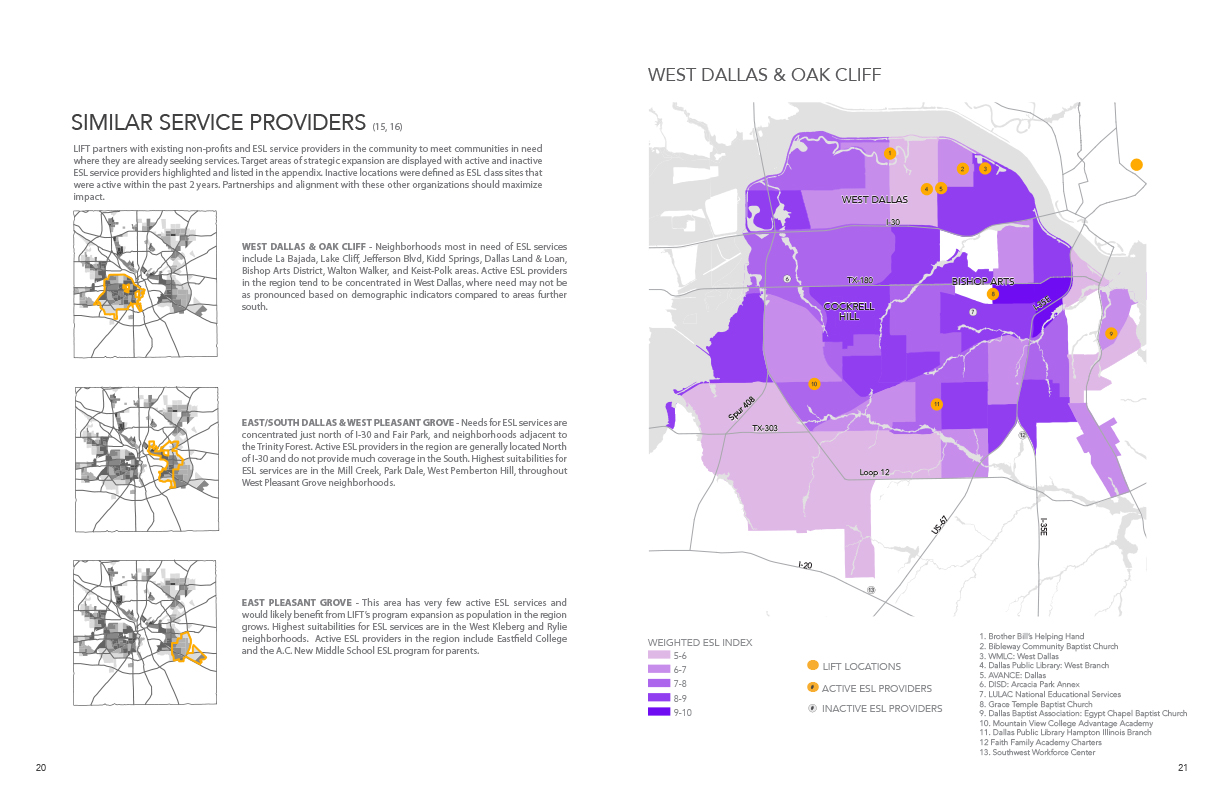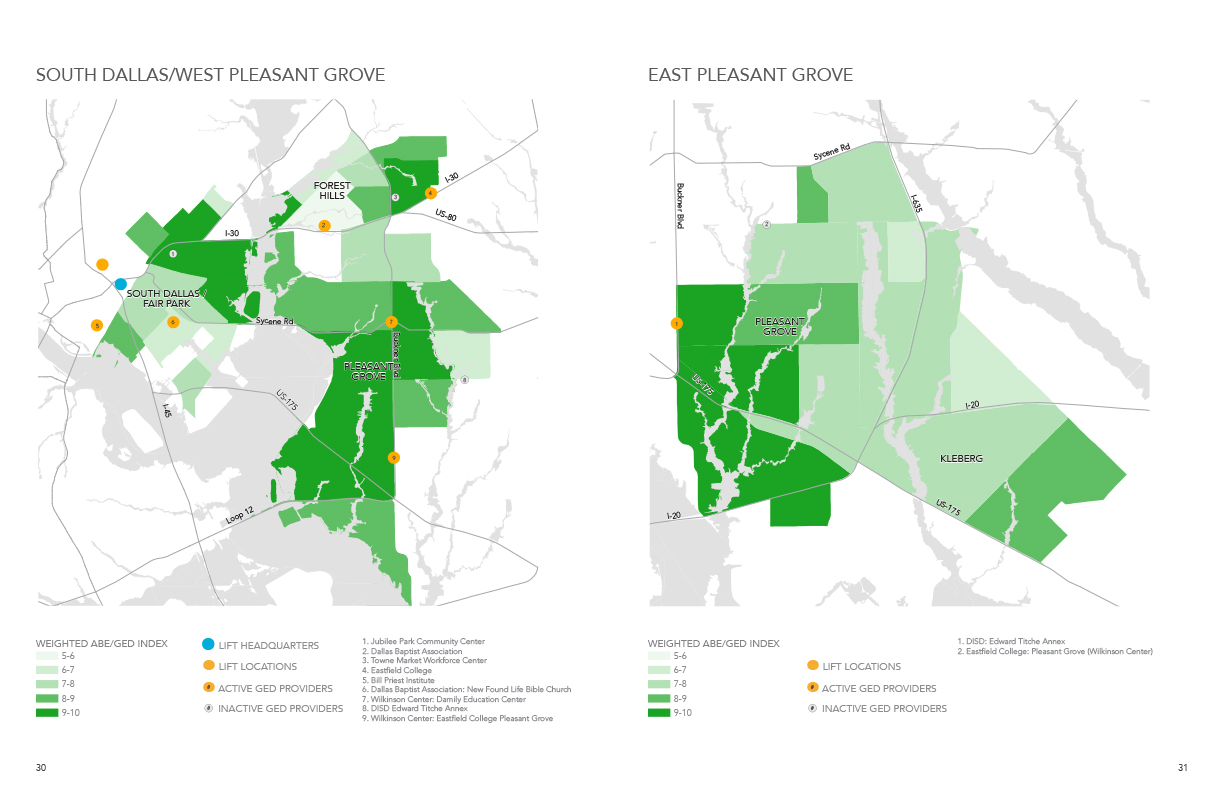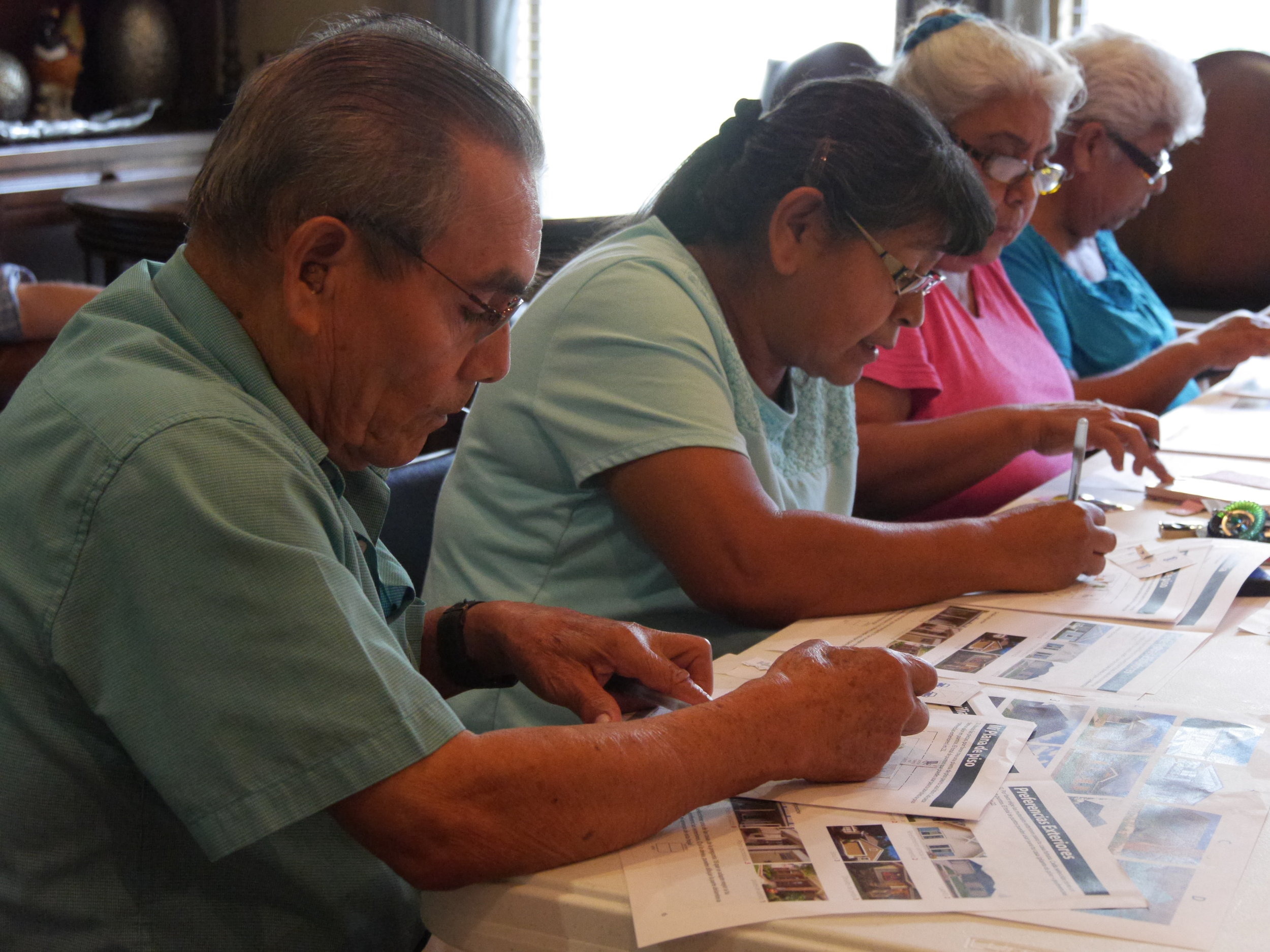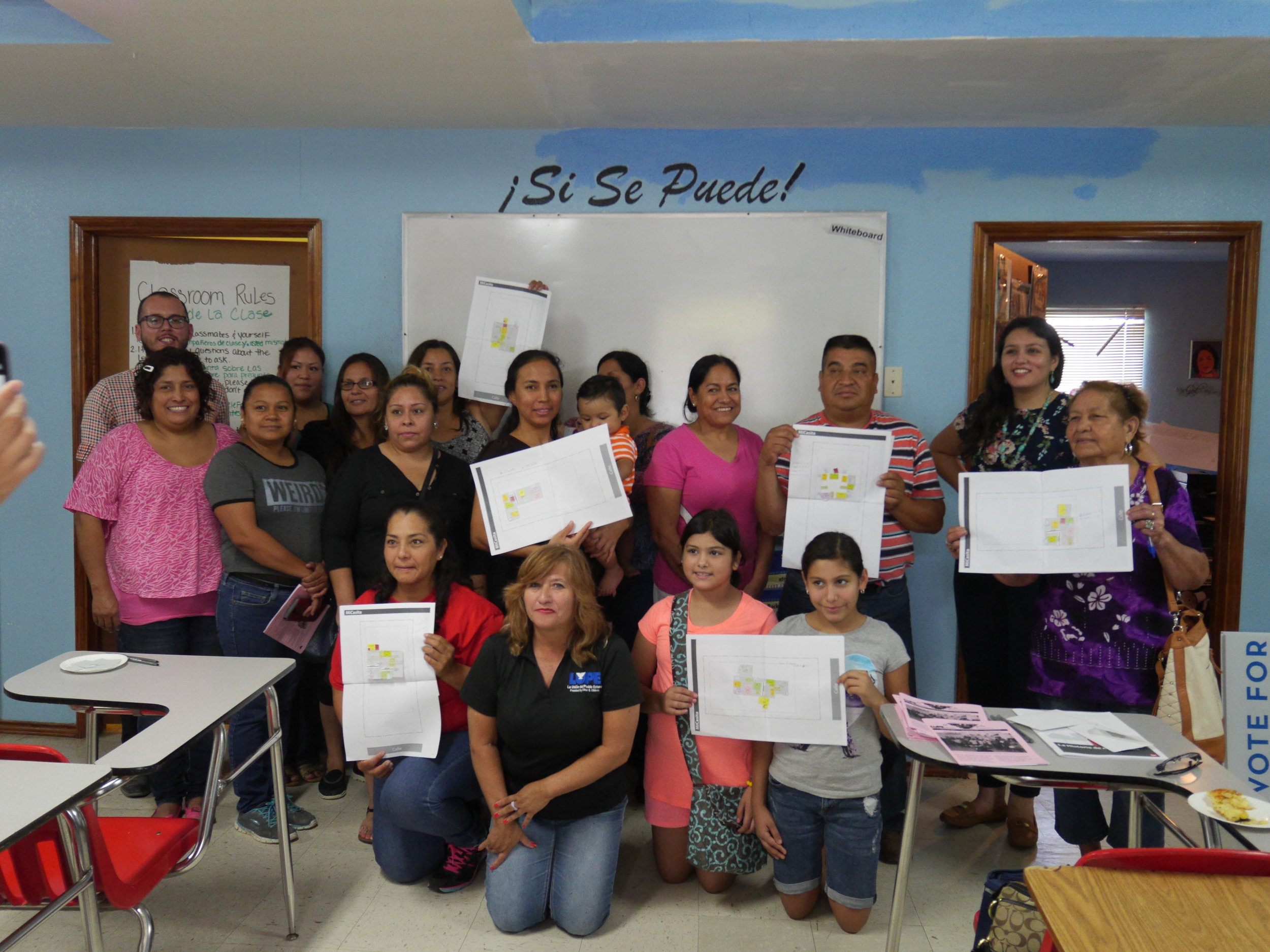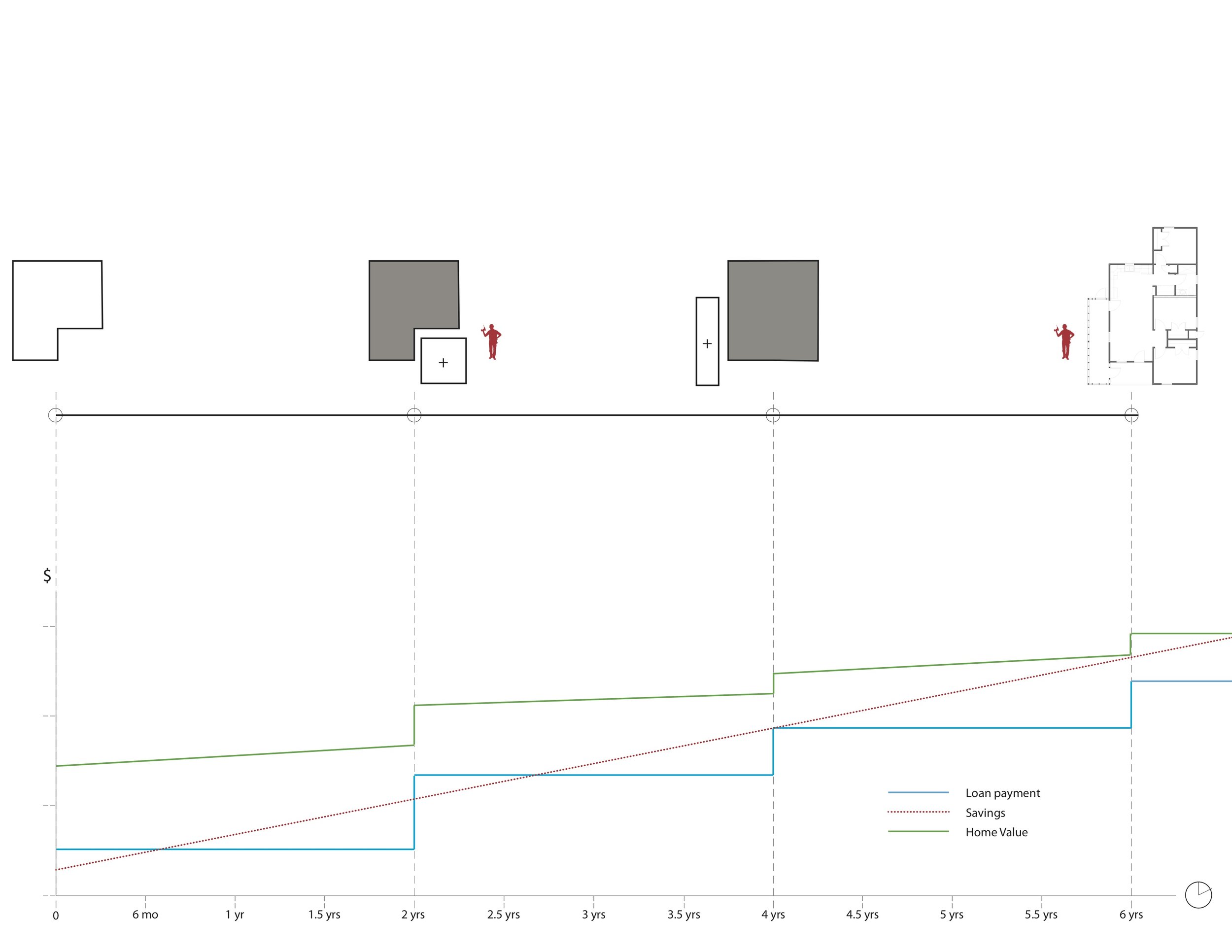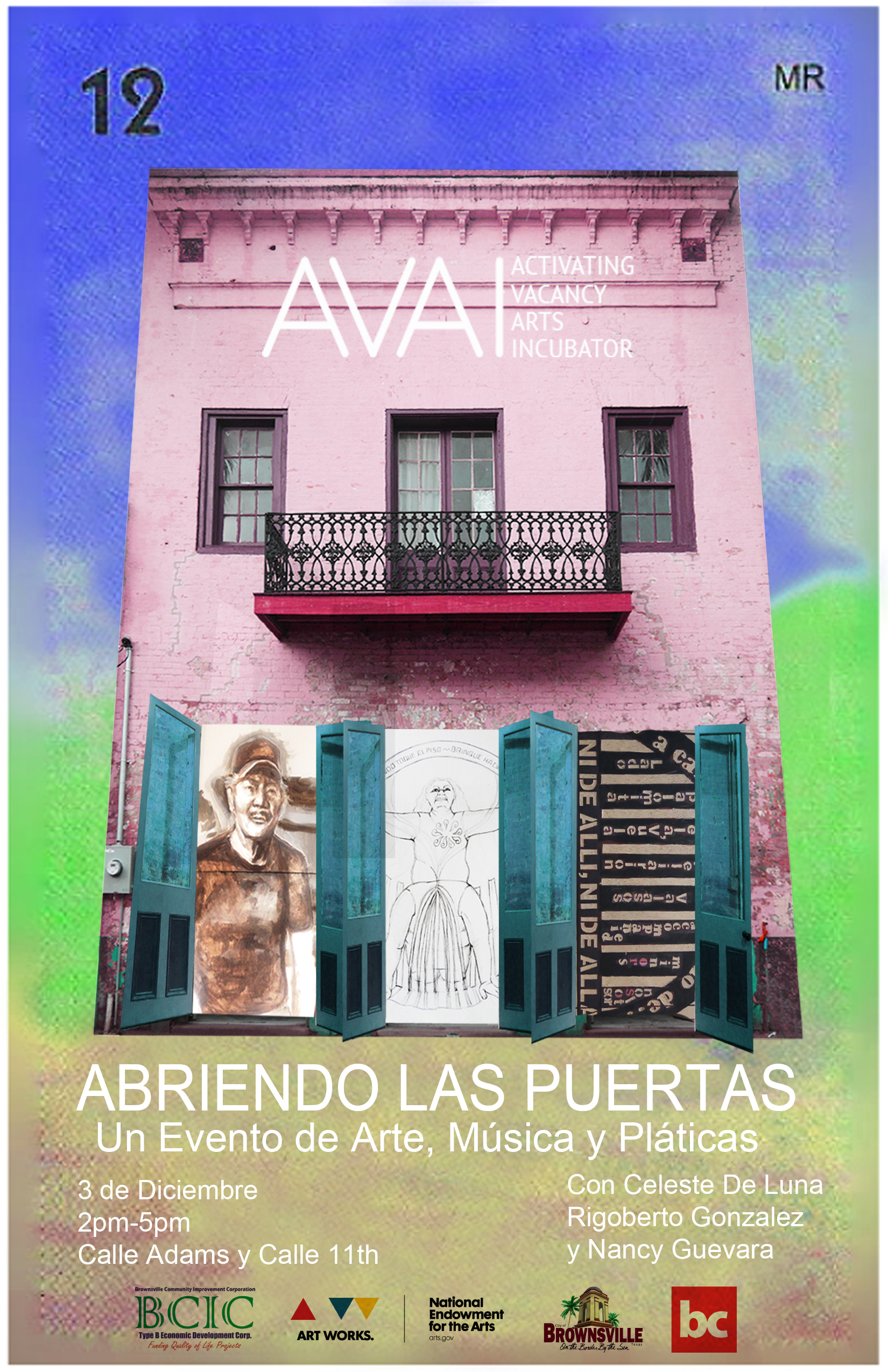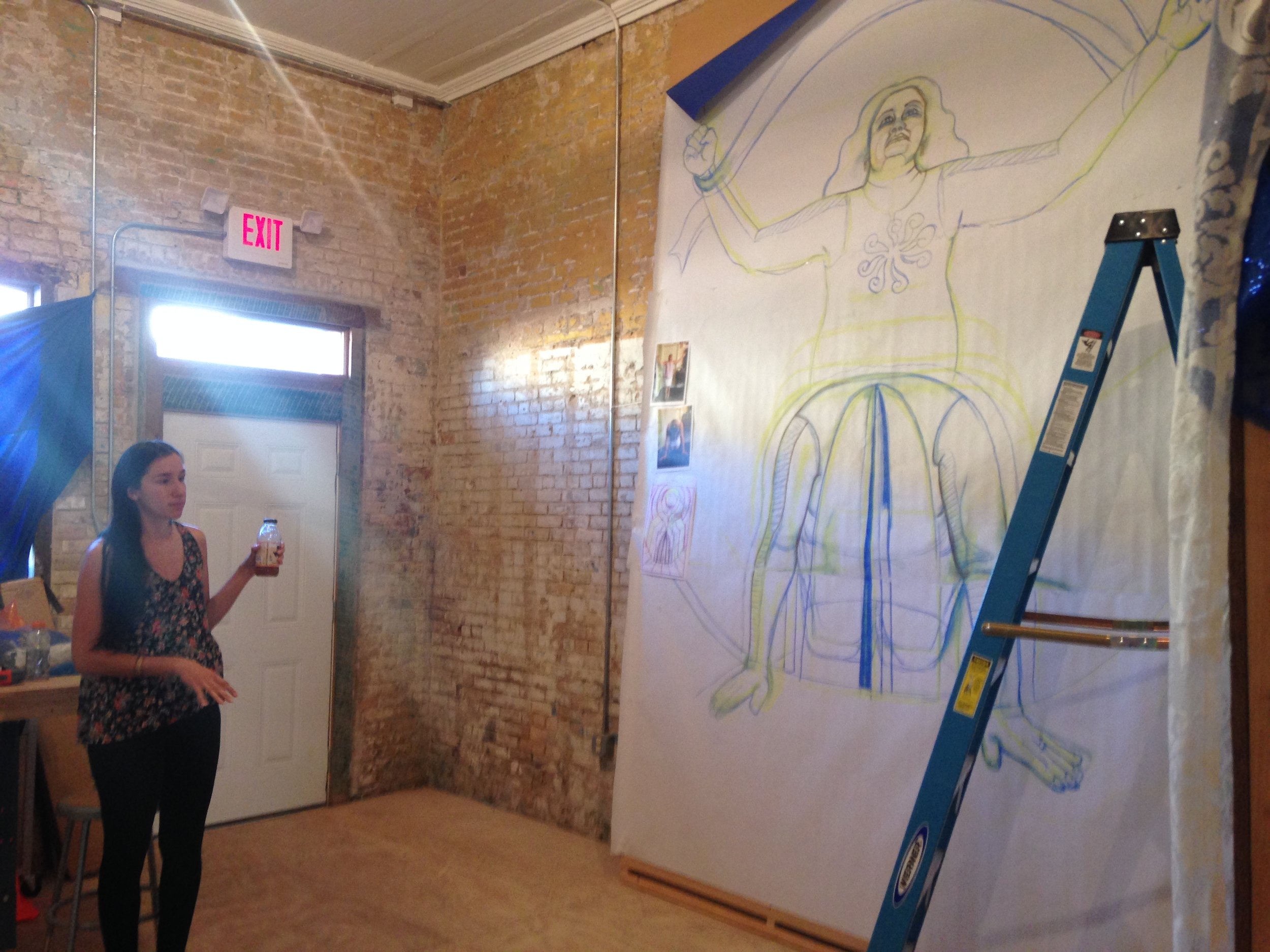The Association for Community Design has launched their Call for Sessions for their 40th Annual Conference.
Deadline for proposal submission has passed.
[bc] has been selected to host the 40th Annual Conference of the Association for Community Design in Dallas, Texas to be held June 23rd - 24th, 2017. You are invited to submit proposals to present at the conference. Proposals are due at 5pm on March 3, 2017. Selected proposals will receive free registration to the ACD Conference.
“40 years ago, the field of Community Design grew out of the civil rights movement of the 1960’s with the intention of redistributing design resources to support under-invested neighborhoods. Looking forward another 40 years, ACD would like to invite the growing field to actively participate in the equitable development of neighborhoods and intentionally push our practice towards justice in our collective everyday lives.” - Theresa Hwang, ACD President
CommUNITY: Exchange. Explore. Envision.
As ACD turns 40, it is time to reflect back on the why ACD was formed and how it is serving its members today. This year’s conference will be hosting sessions that are centered around the many models of practice that inform how community-based design centers and practitioners operate. The conference will seek to advance the practice of Community Design by connecting and sharing this collective experience.
TRACKS
Exchange: What technical skills are essential to practicing community-based design? Proposals should teach these skills to attendees of all experience levels. From budgets, fundraising, and contracts to project delivery and design tools that are essential to practice, what can you teach others looking to enter or advance their community practices further?
Explore: What are key examples of best practices in the Community Design field? Proposals should go beyond case studies, clearly explaining the lessons learned and how an example project further refined the model of practice for that individual or firm. Example projects that push the boundaries of community design and do not fit traditional models of work are encouraged.
Envision: What will the next 40 years of the Community Design field look like? Proposals should present ambitious visions of the future for community-based design practice, the role of ACD and its members in that vision, and/or methodologies to create and achieve a future vision.
SESSION FORMATS
90 minute sessions: In-depth sessions that teach a key skill to the attendees, presents a lesson learned by experience in the Community Design field, or that engages the audience in a visioning process. These sessions must include an interactive component that engages the audience in the proposed session.
30 minute sessions: Short presentations or hands-on workshops for a small group of attendees that fits one of the three tracks described above.
5 minute sessions: Very brief presentations that tell a story that fits one of the three tracks described above.
Additional opportunities include the Pre-Conference Workshop on Racial Justice in the practice of Community Design and hosting a public event, exhibit, or tour during the conference.
To submit a proposal and for more information, visit www.communitydesign.org!
![[bc]](http://images.squarespace-cdn.com/content/v1/5248ebd5e4b0240948a6ceff/1412268209242-TTW0GOFNZPDW9PV7QFXD/bcW_square+big.jpg?format=1000w)


